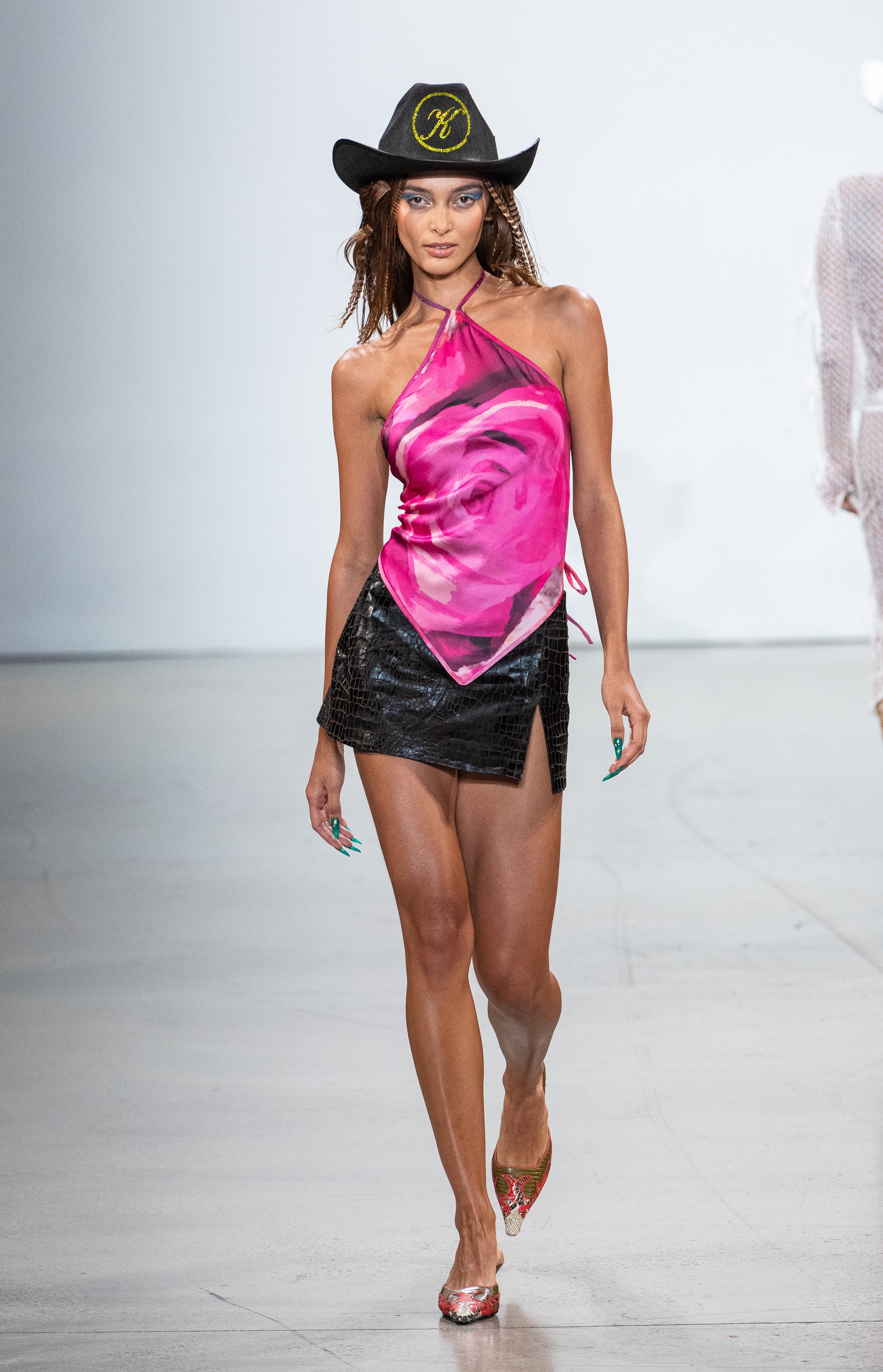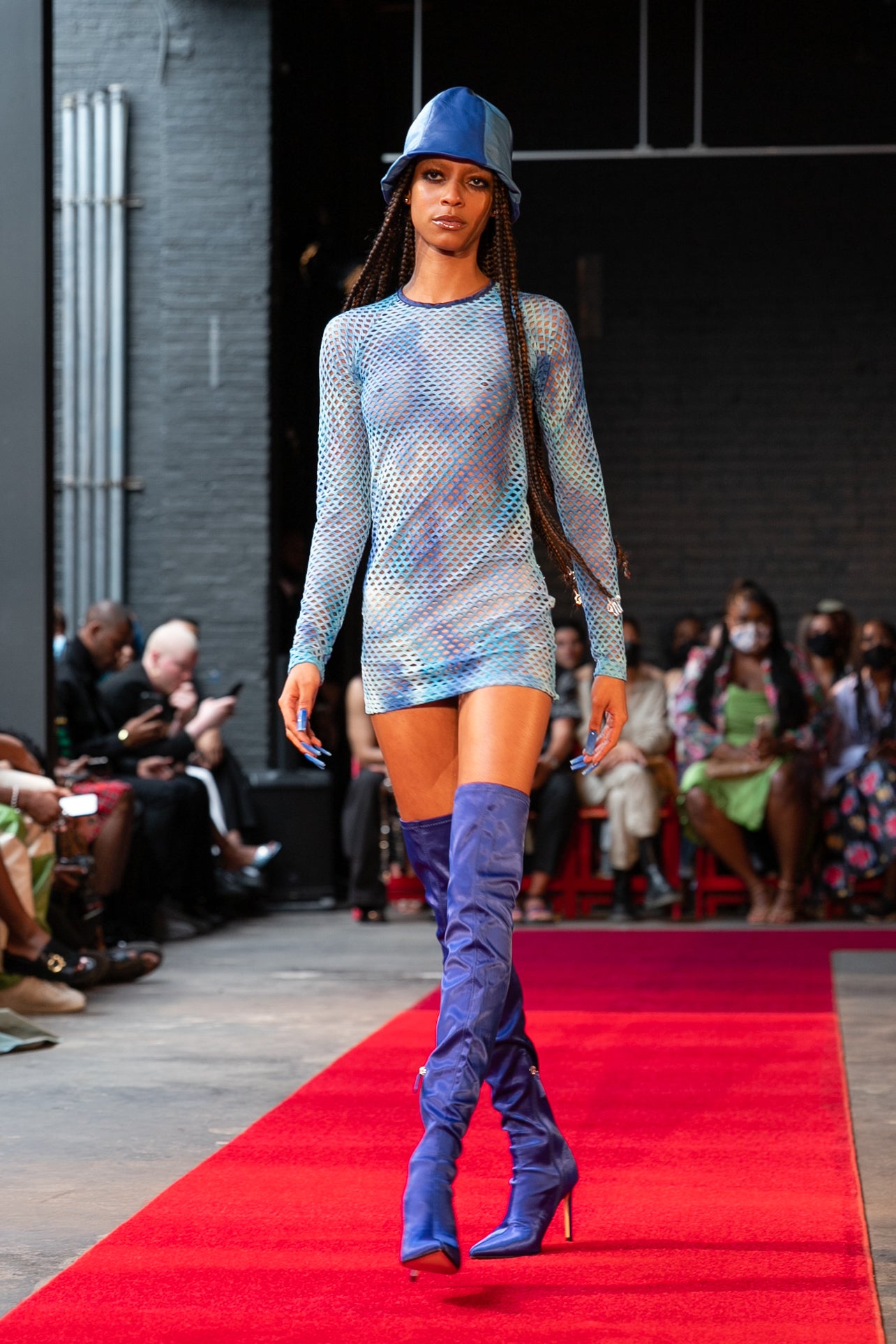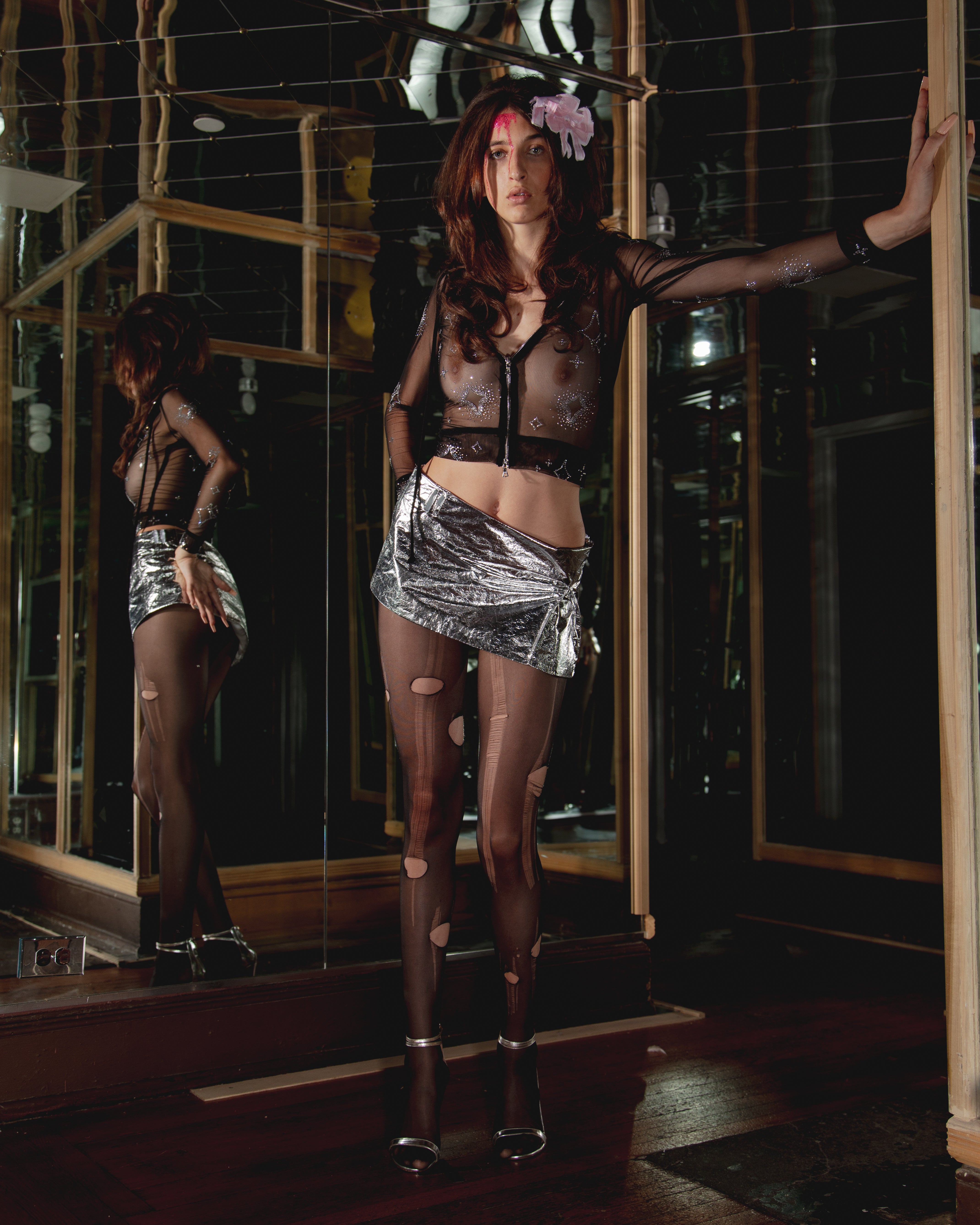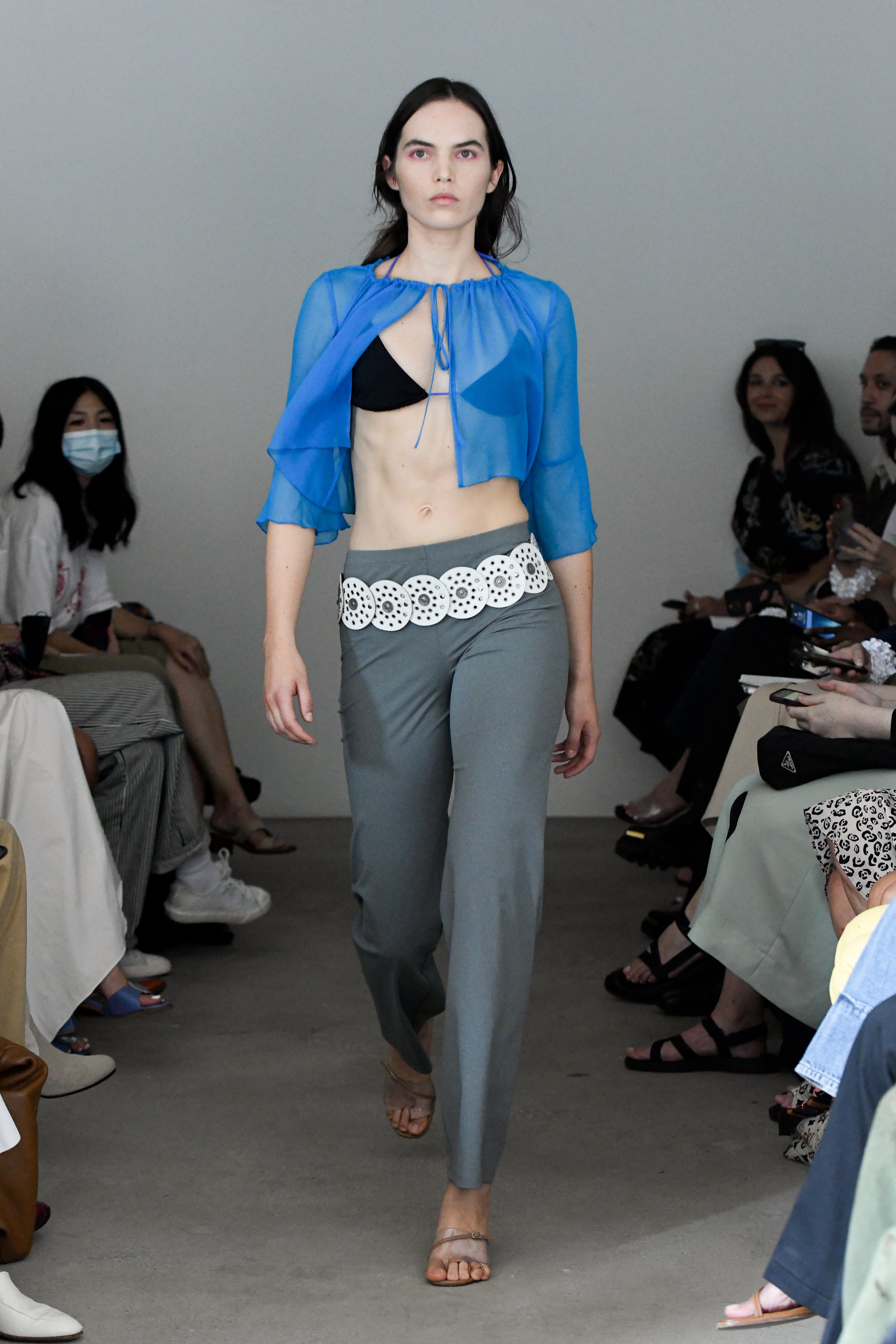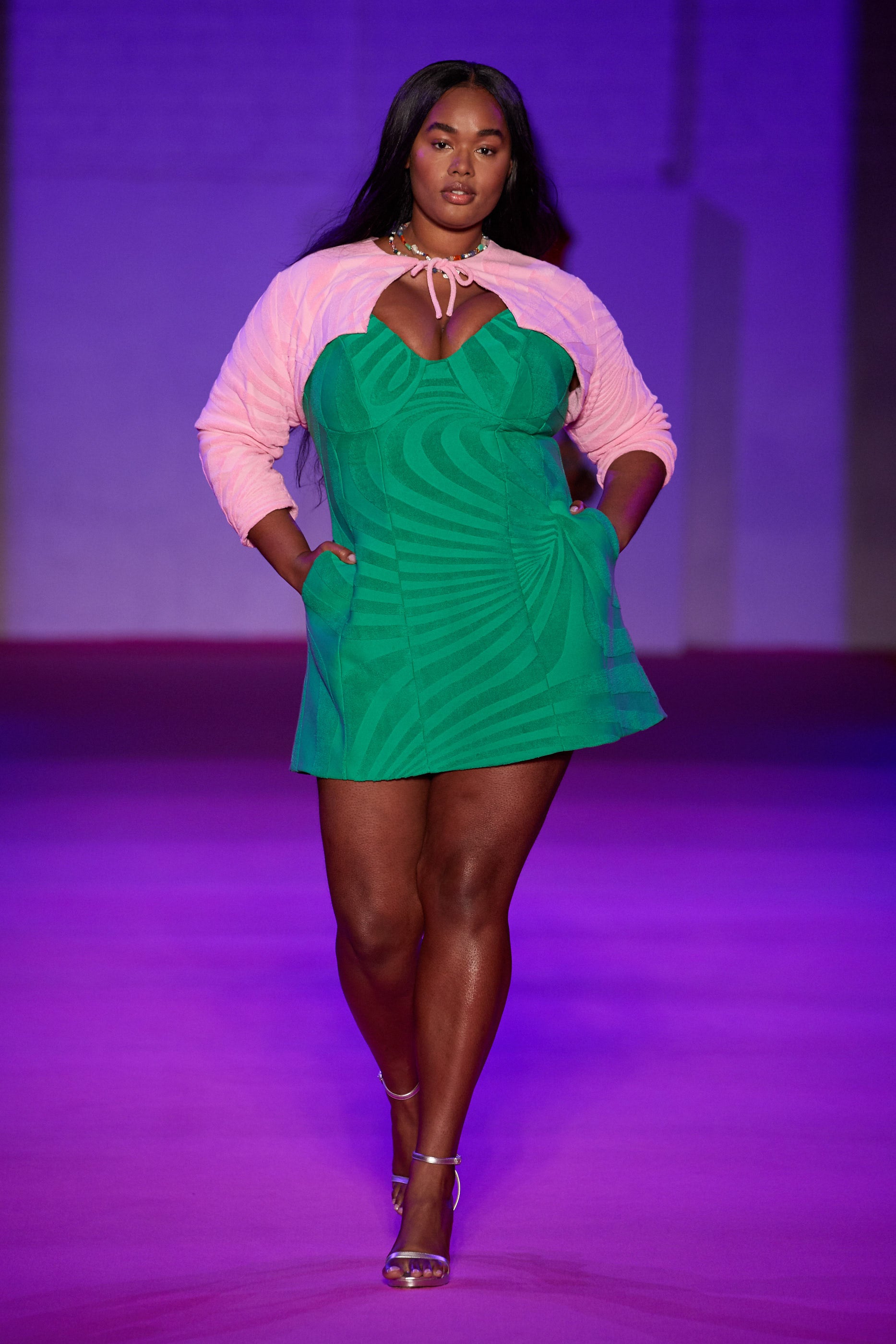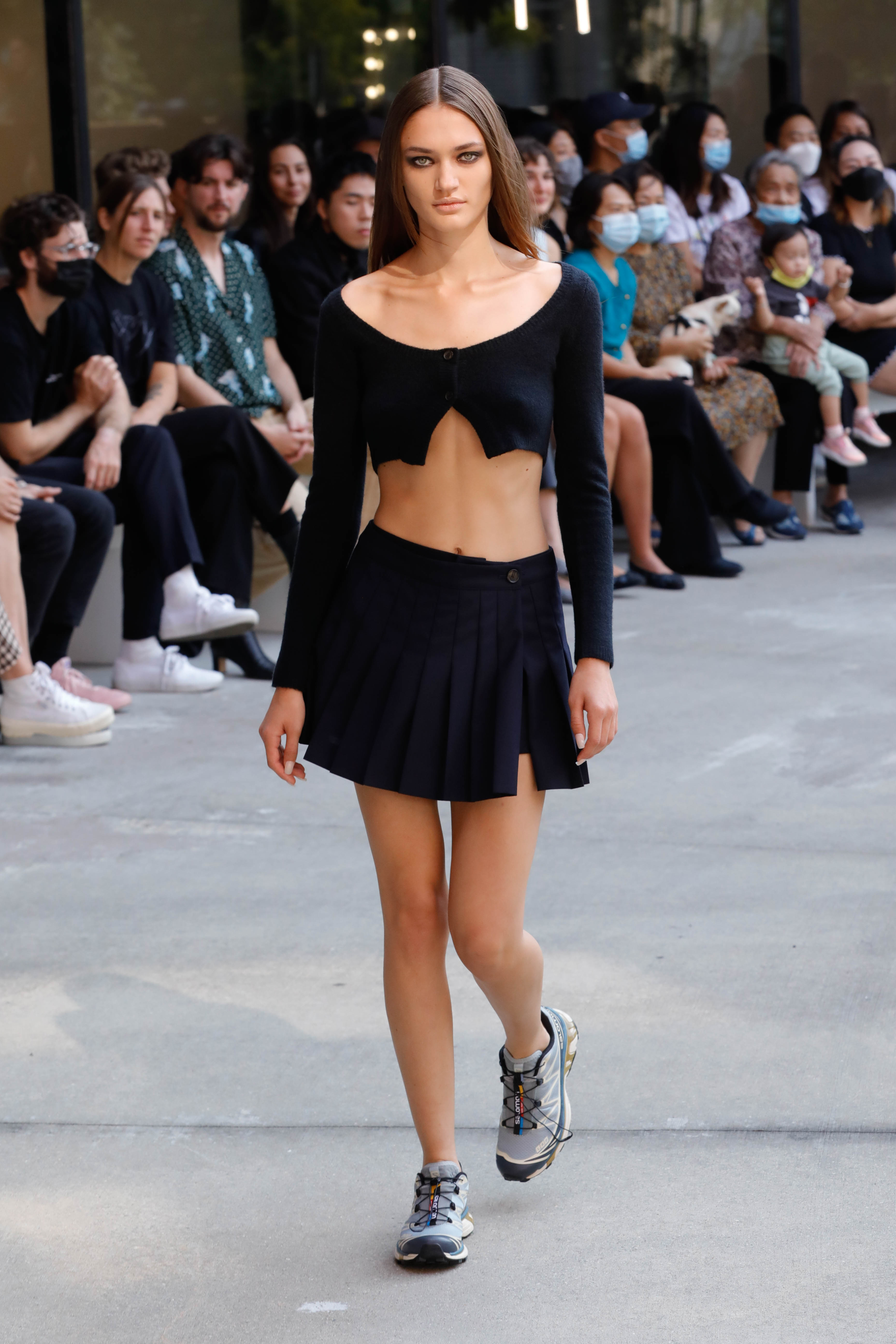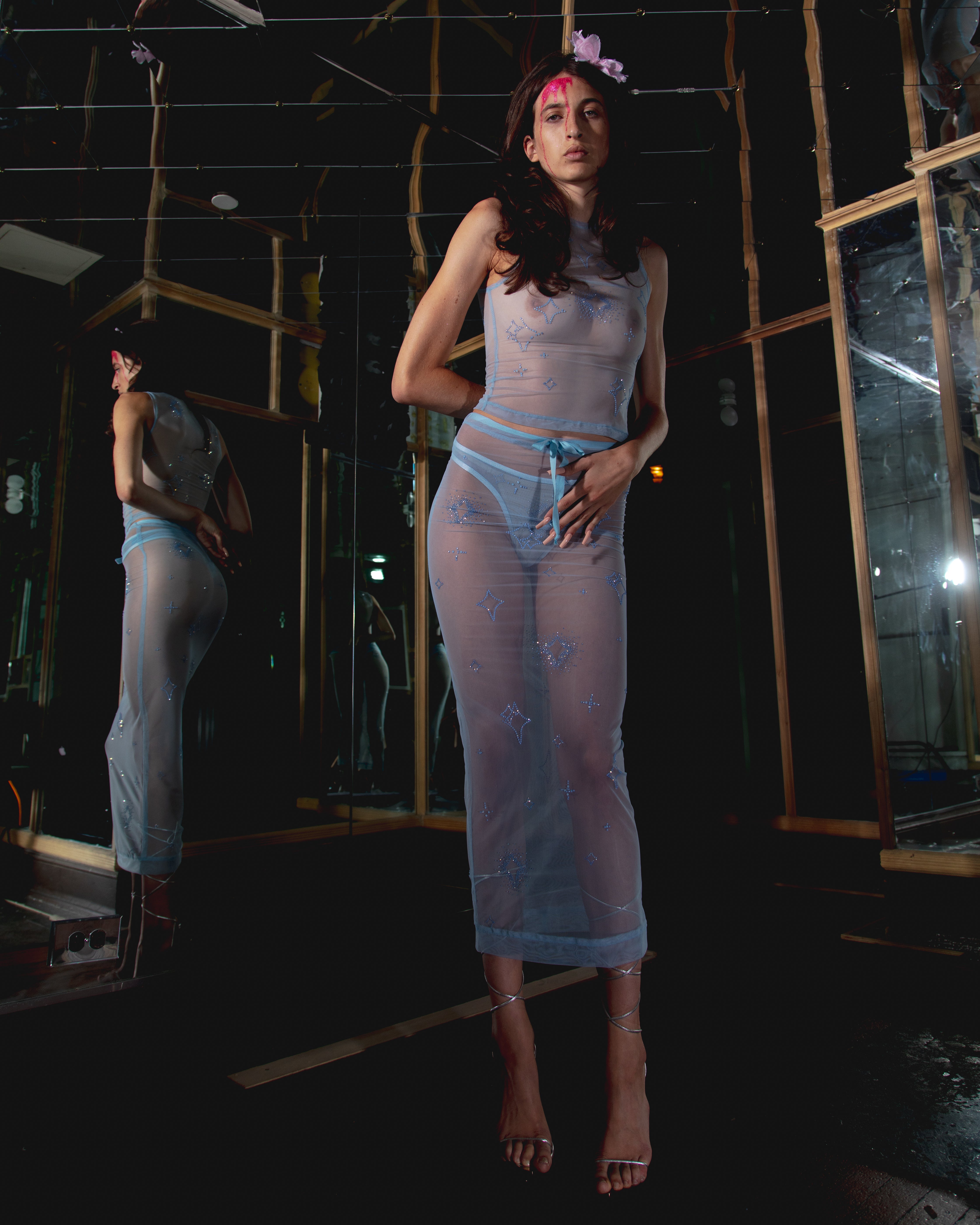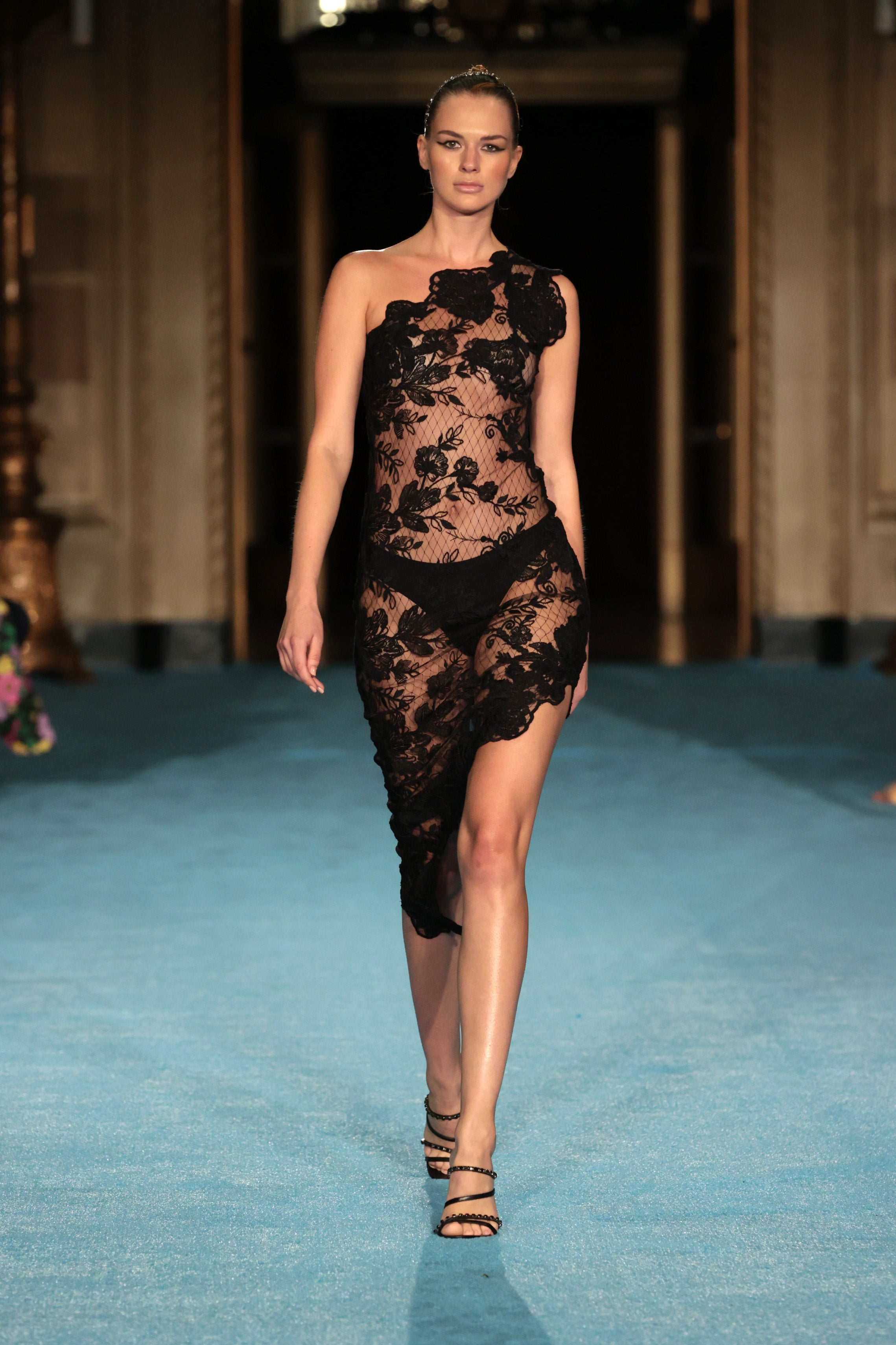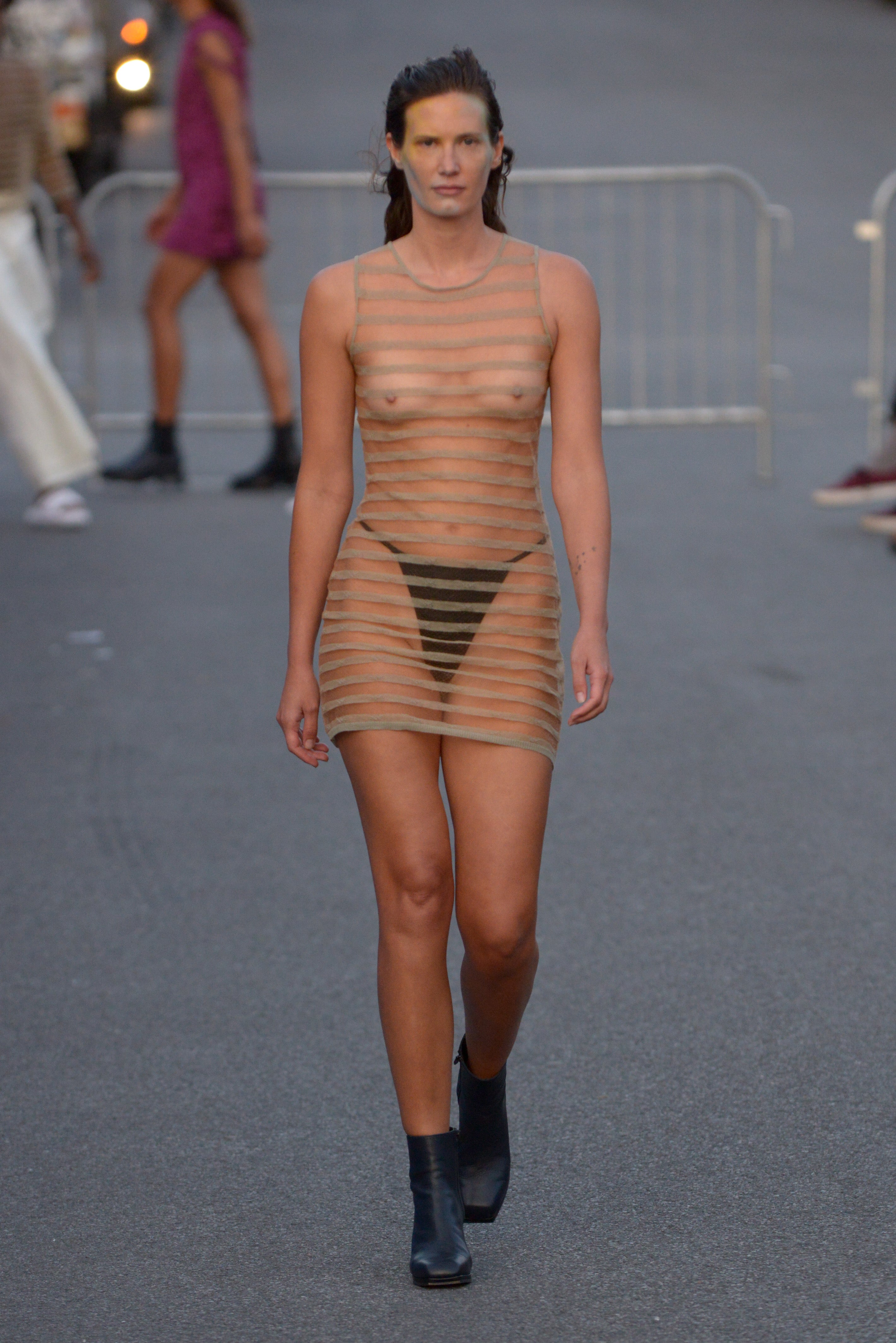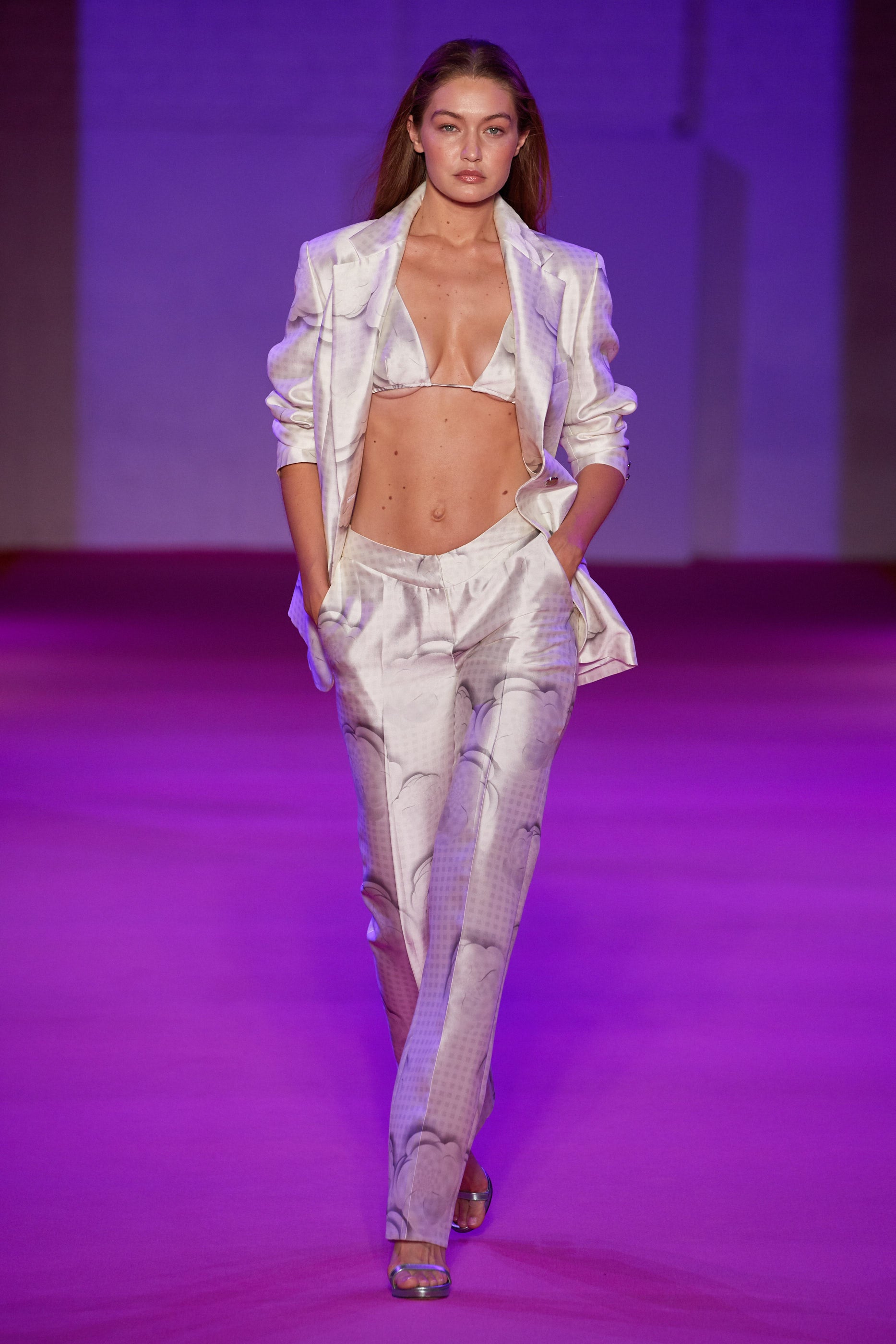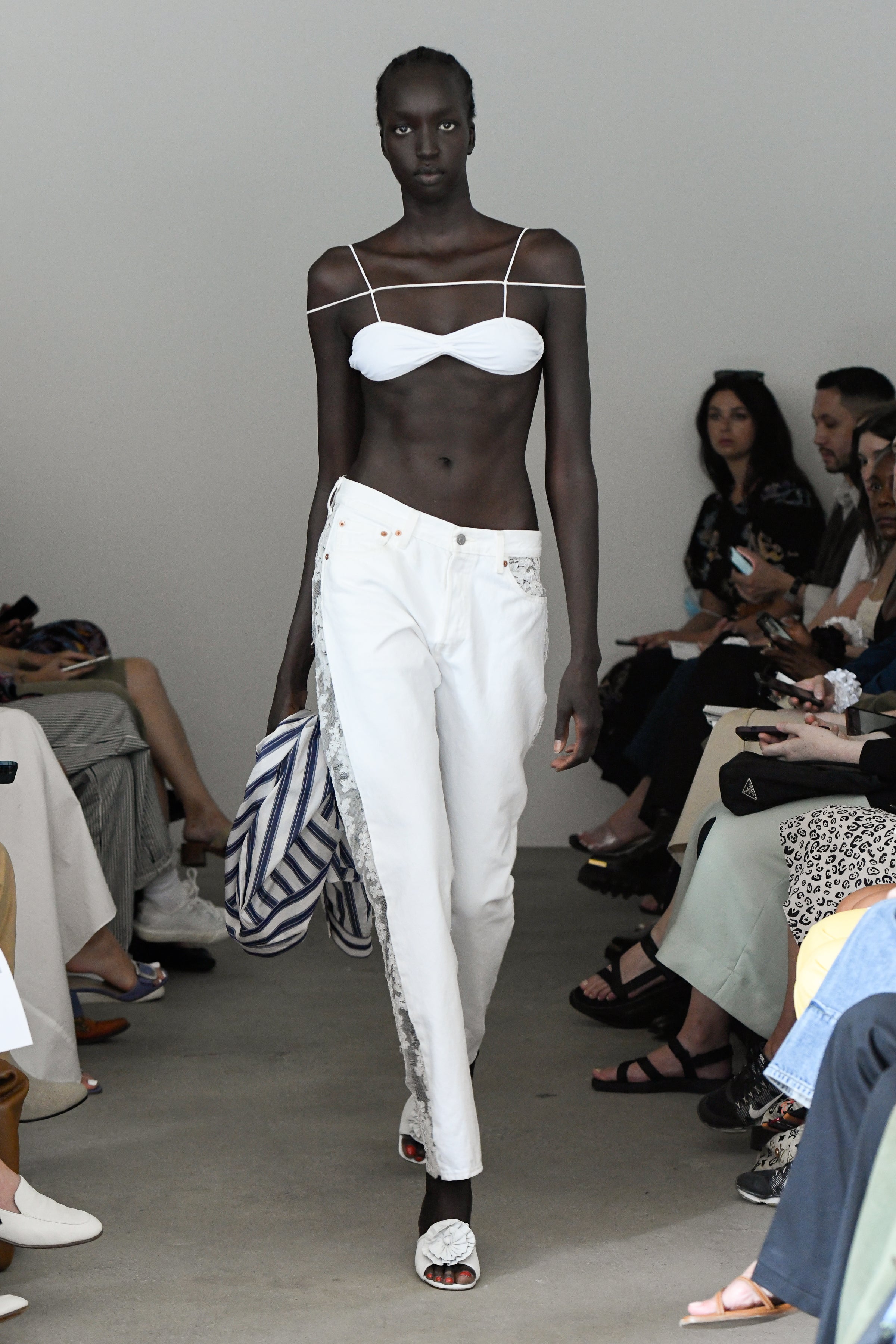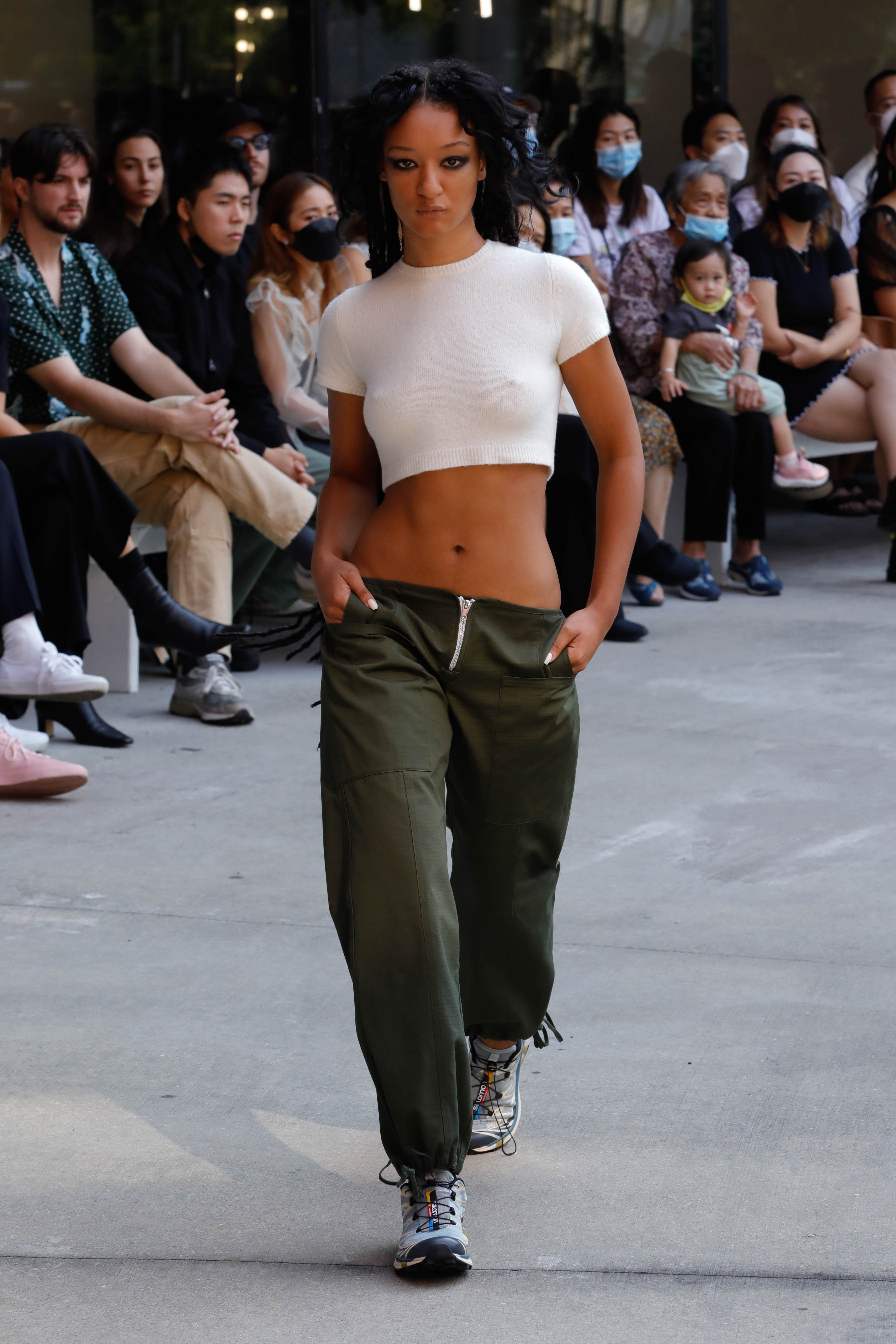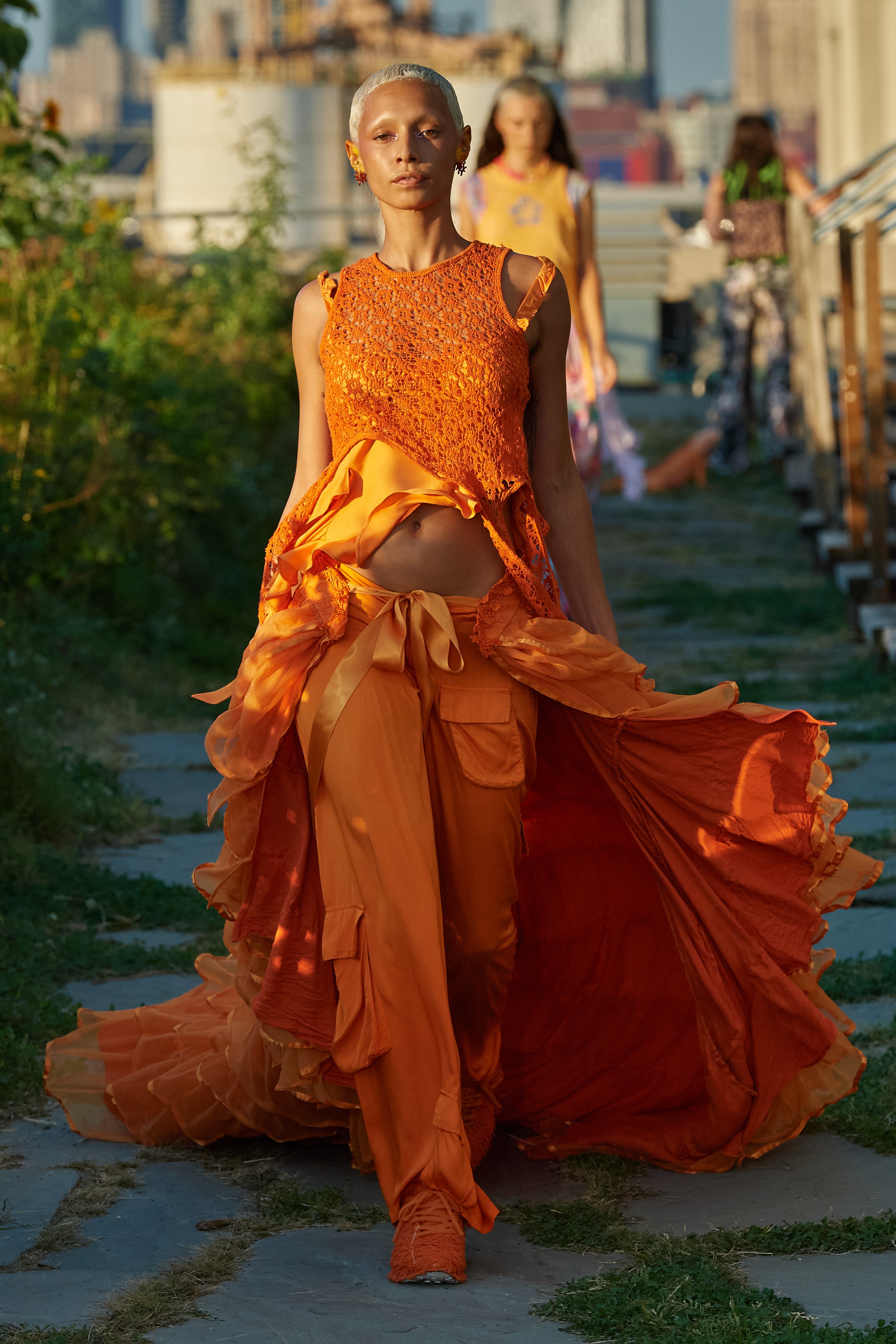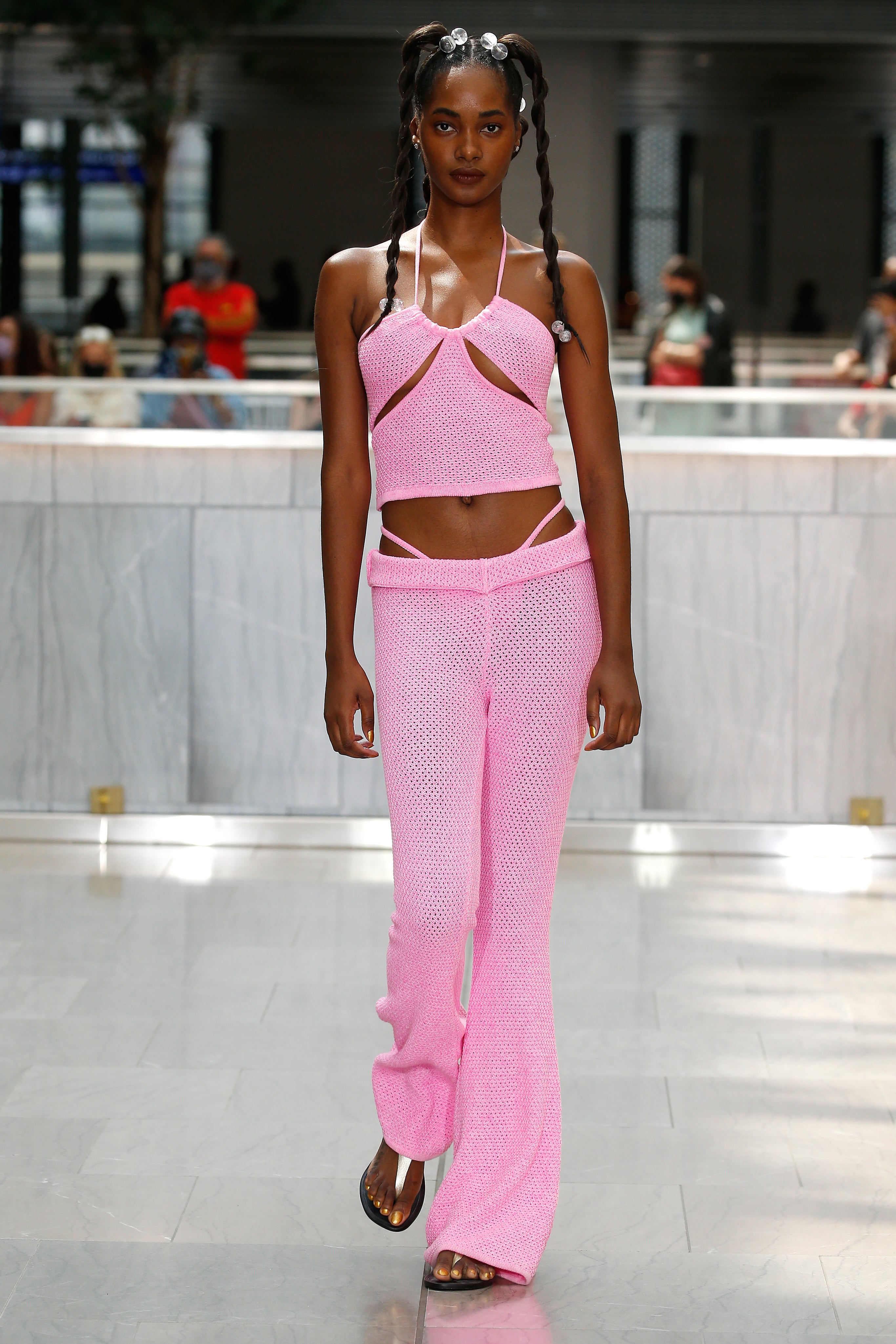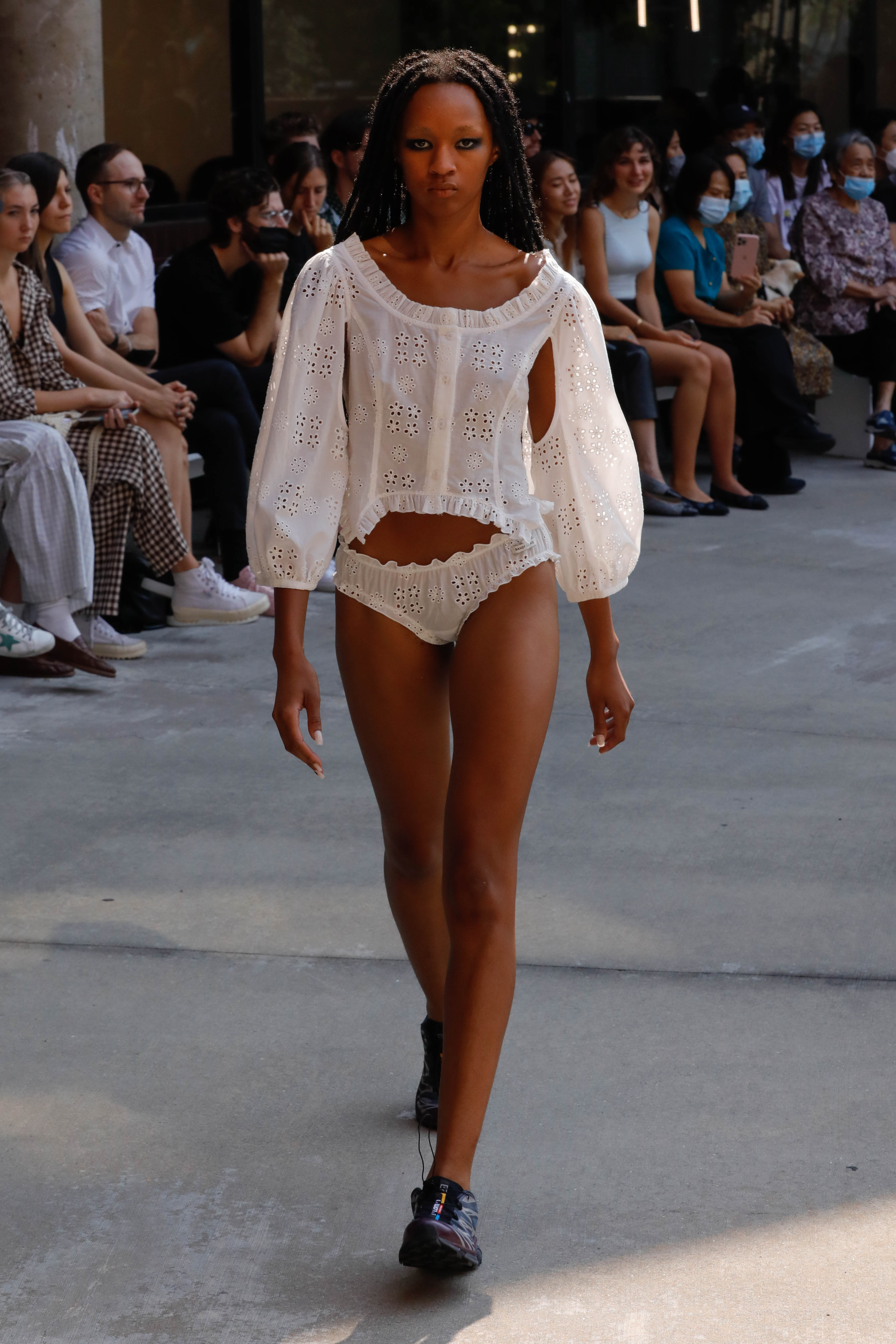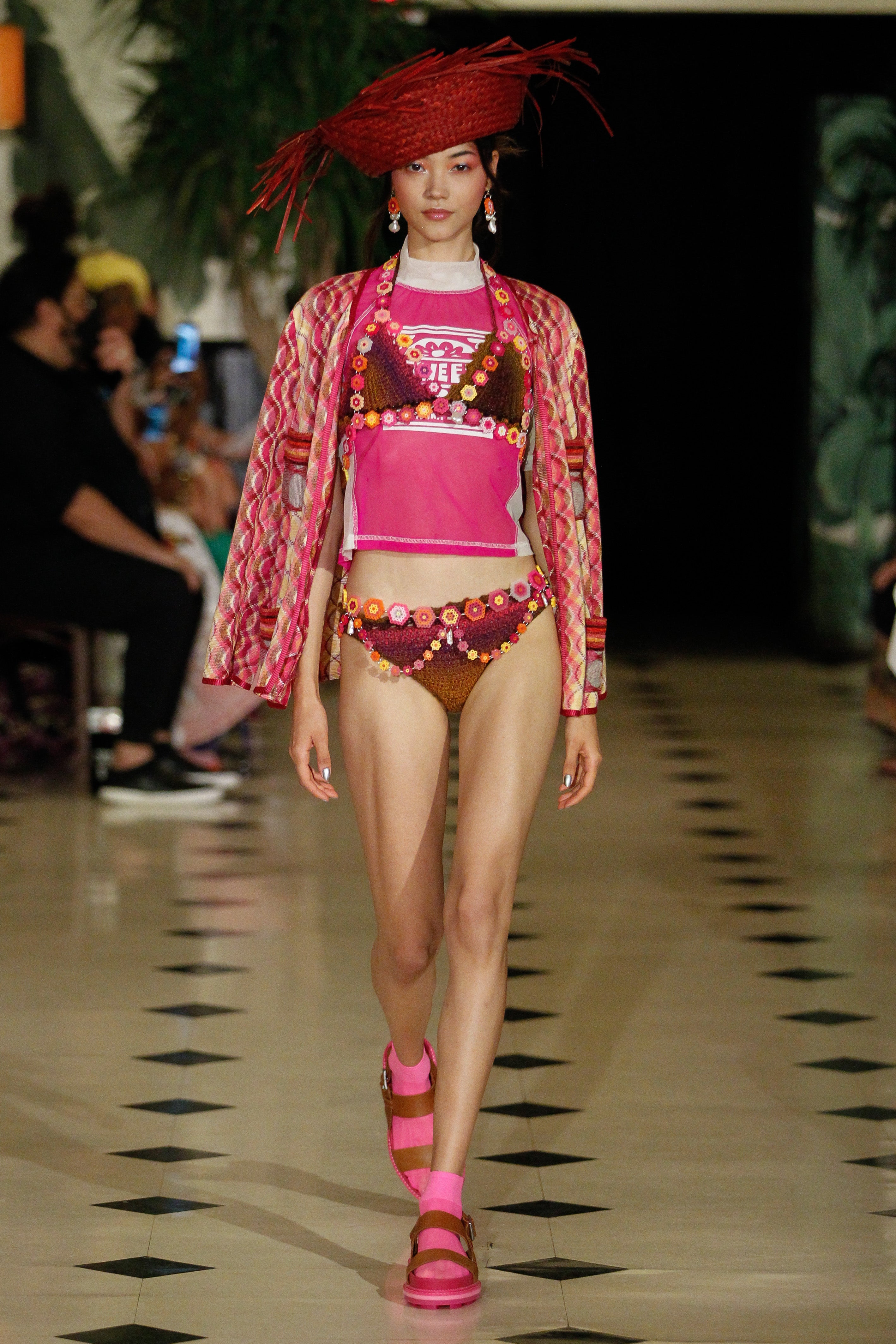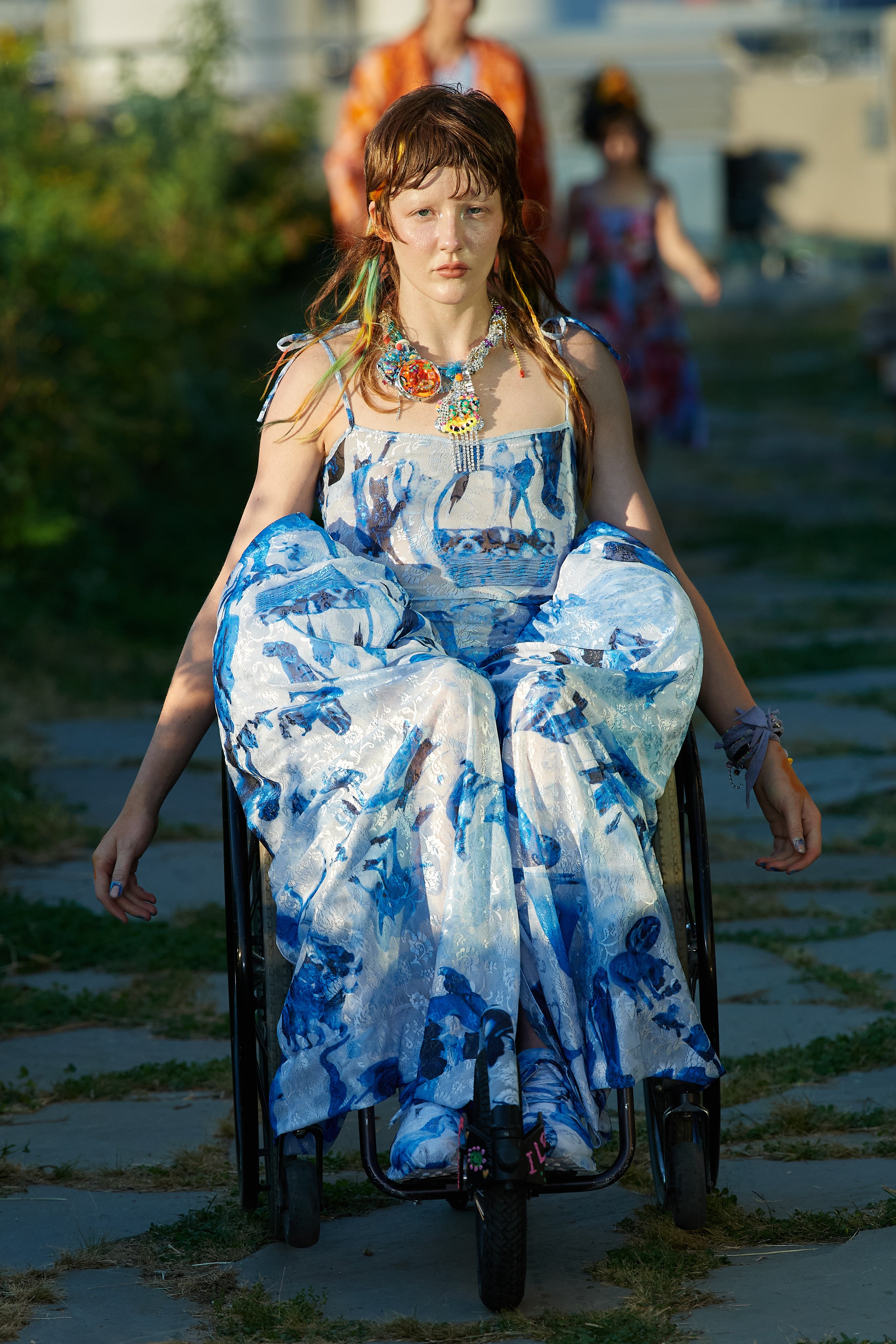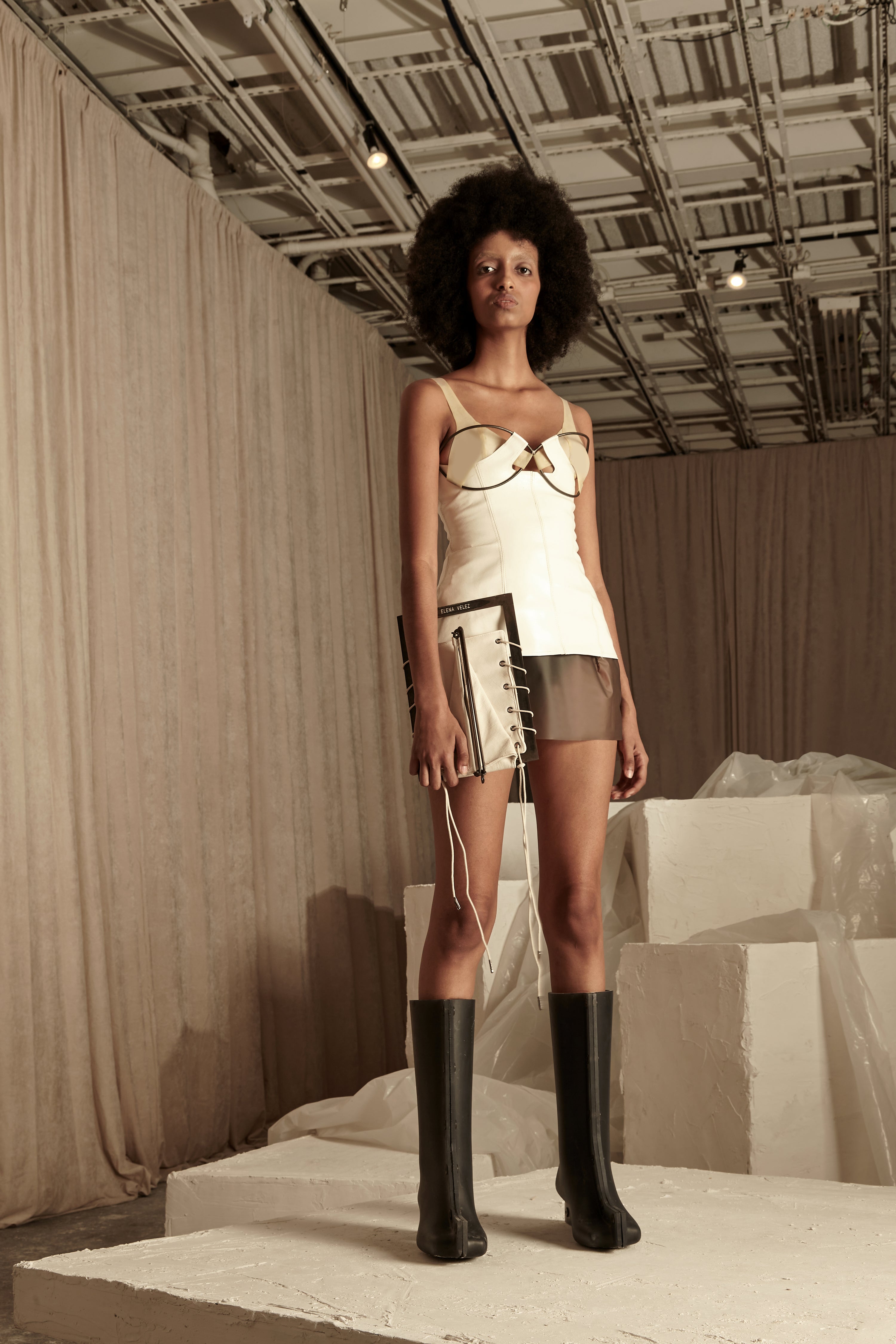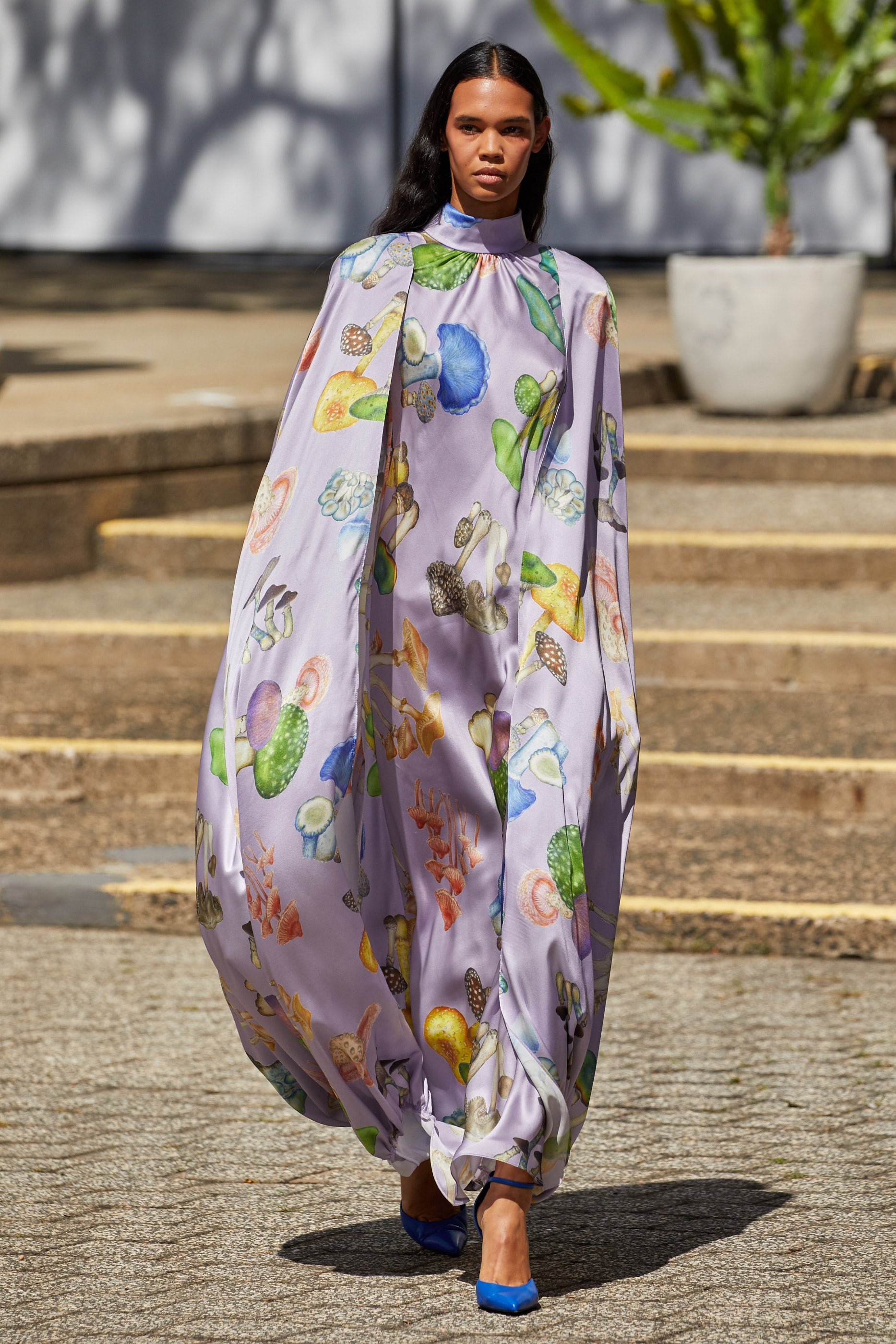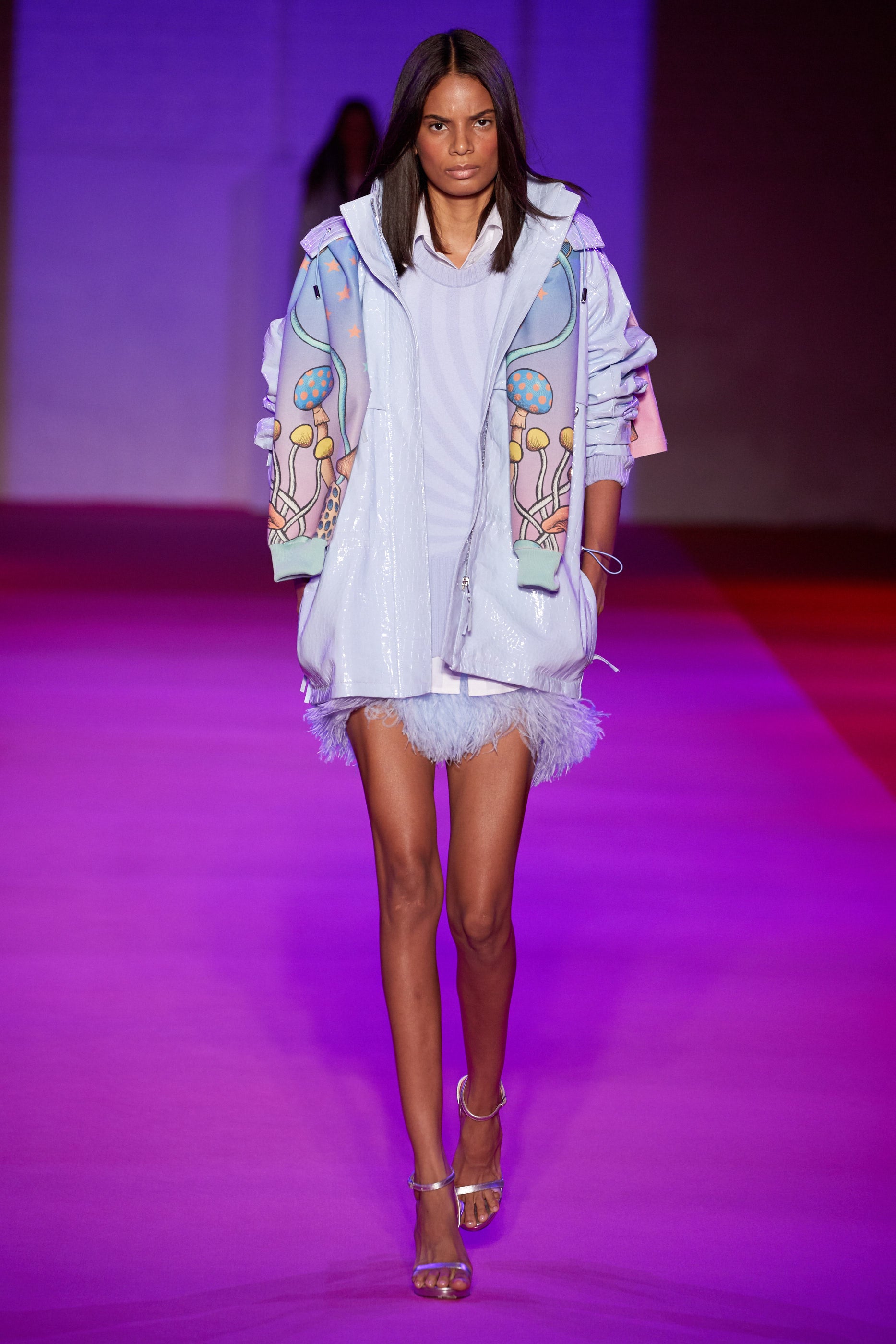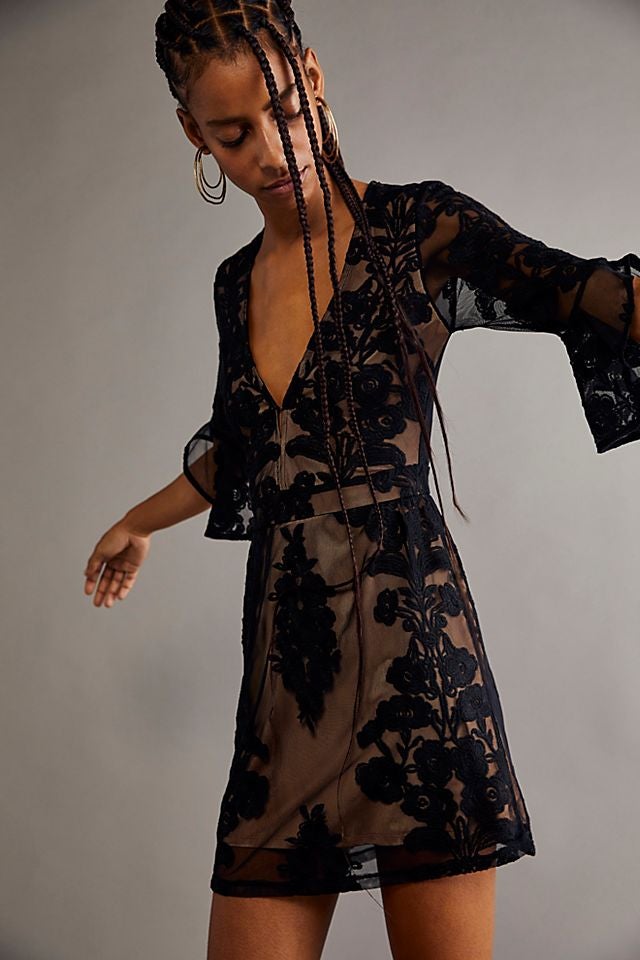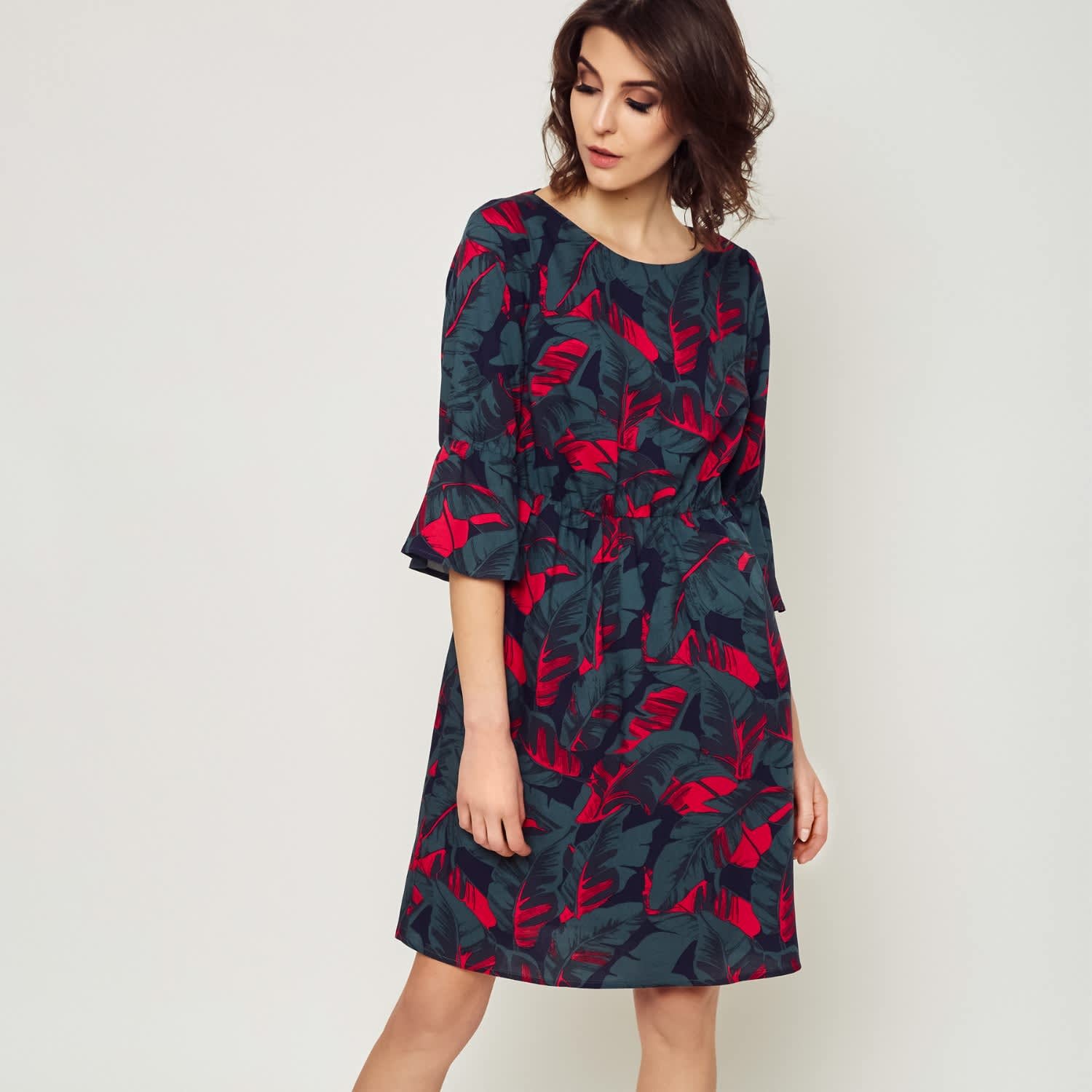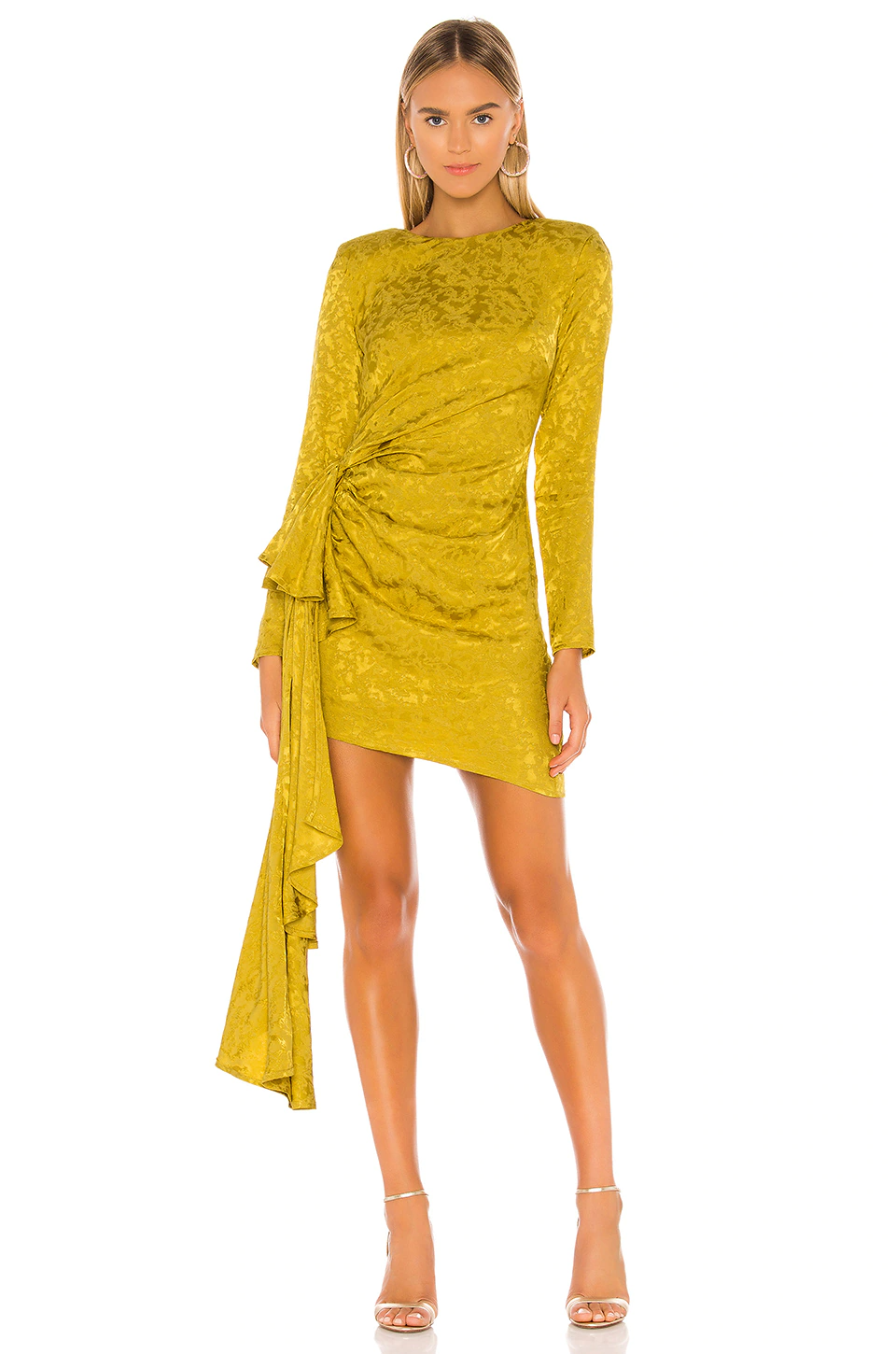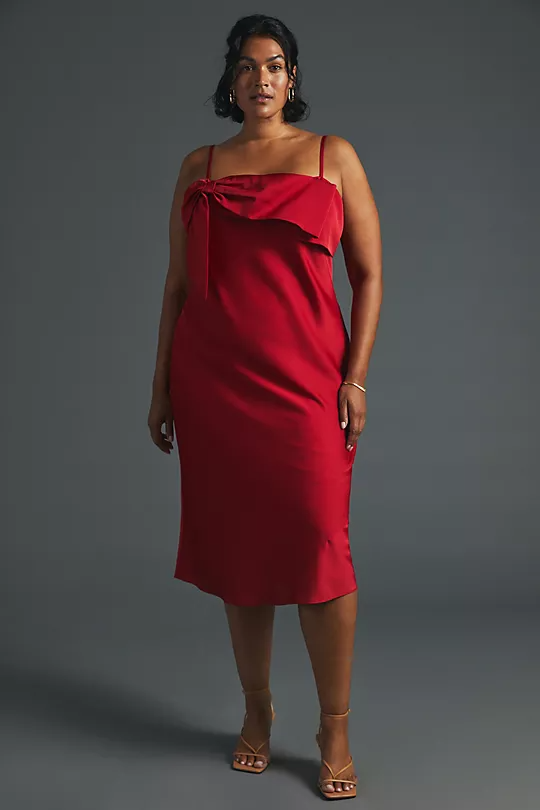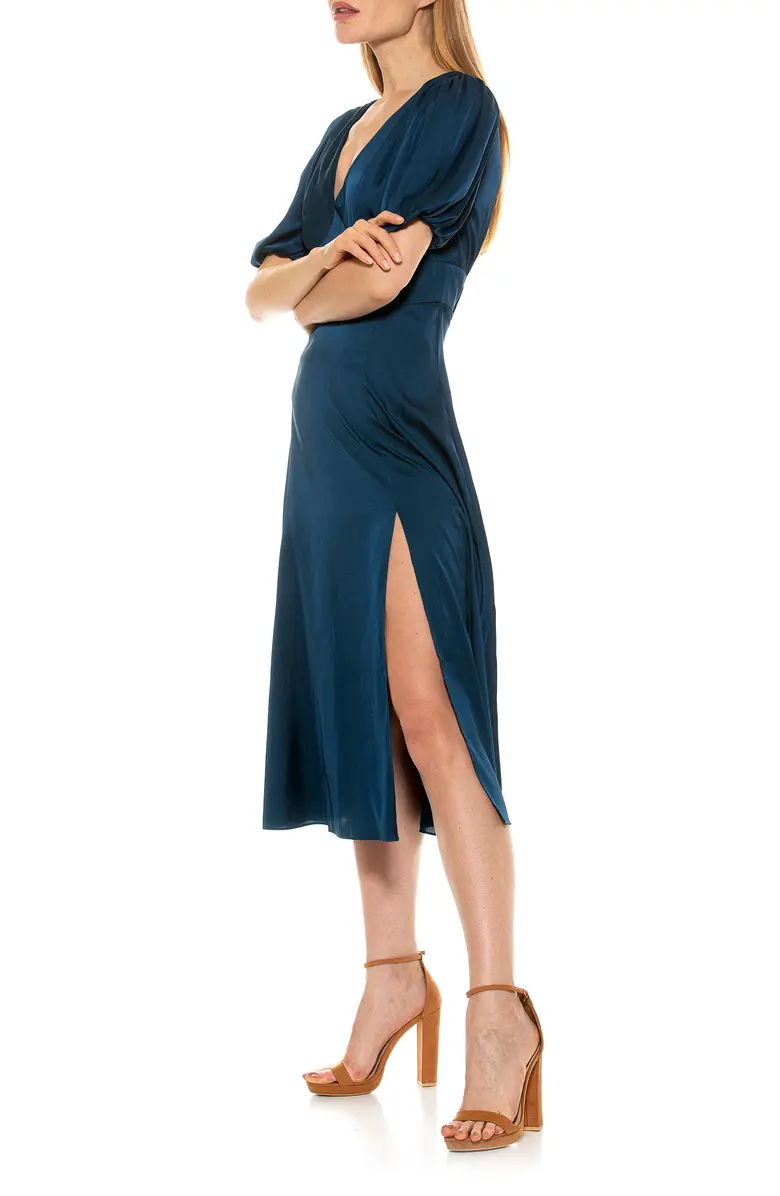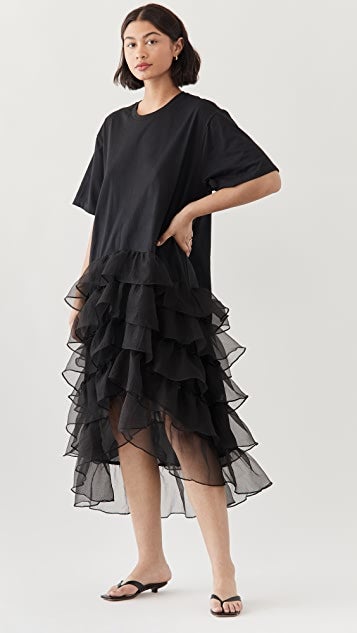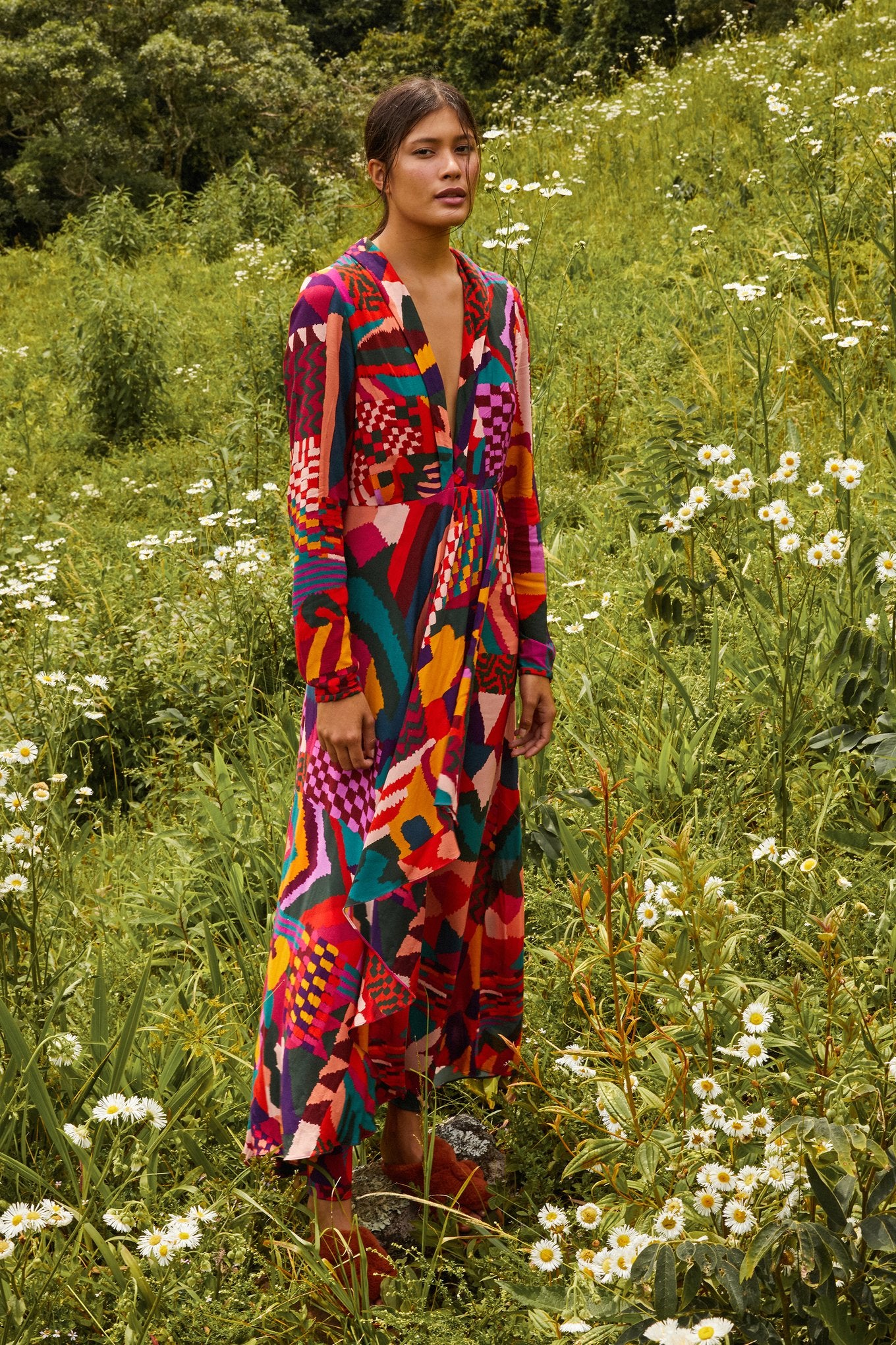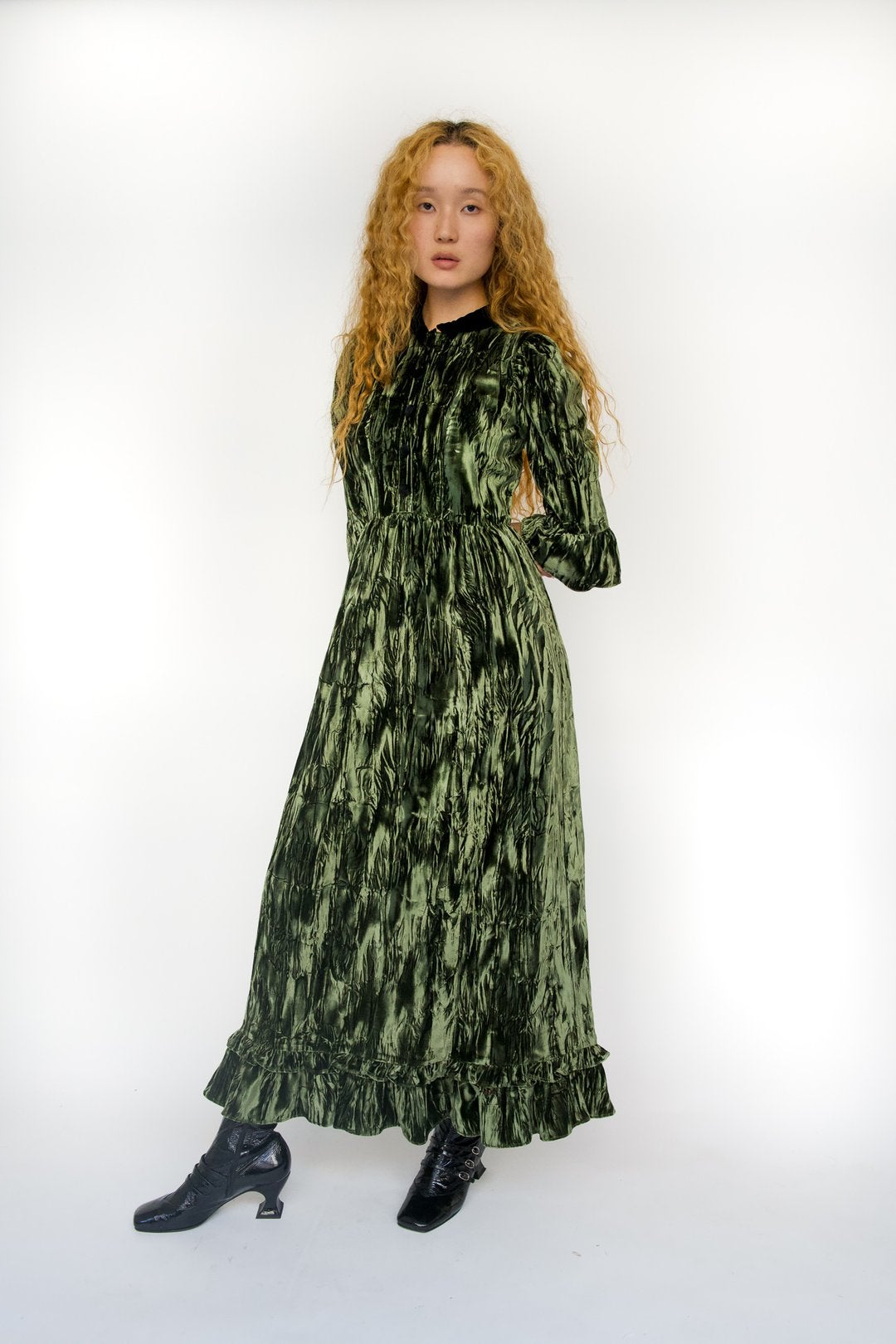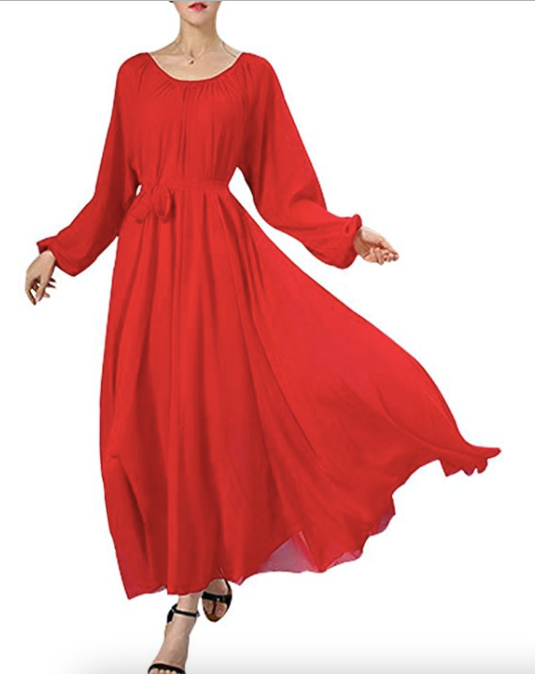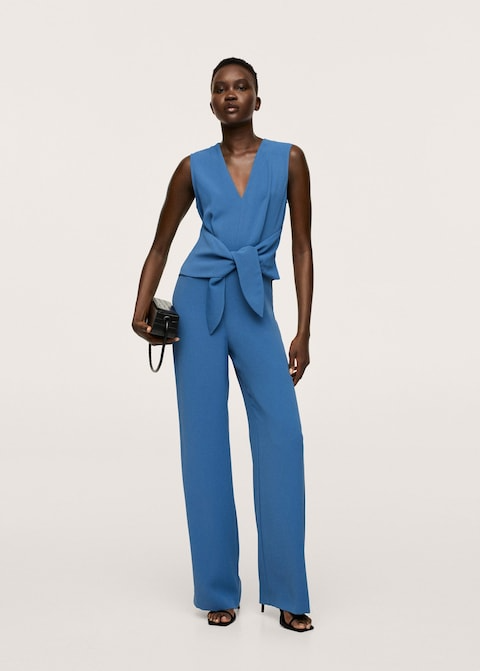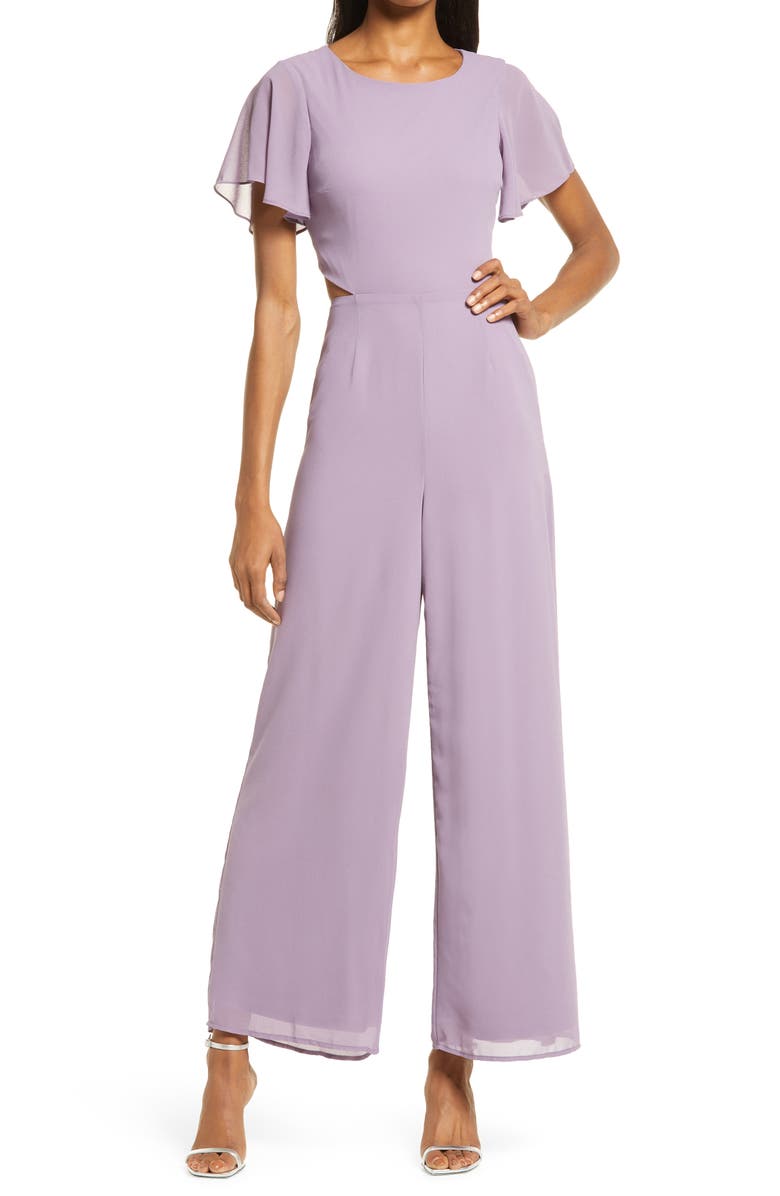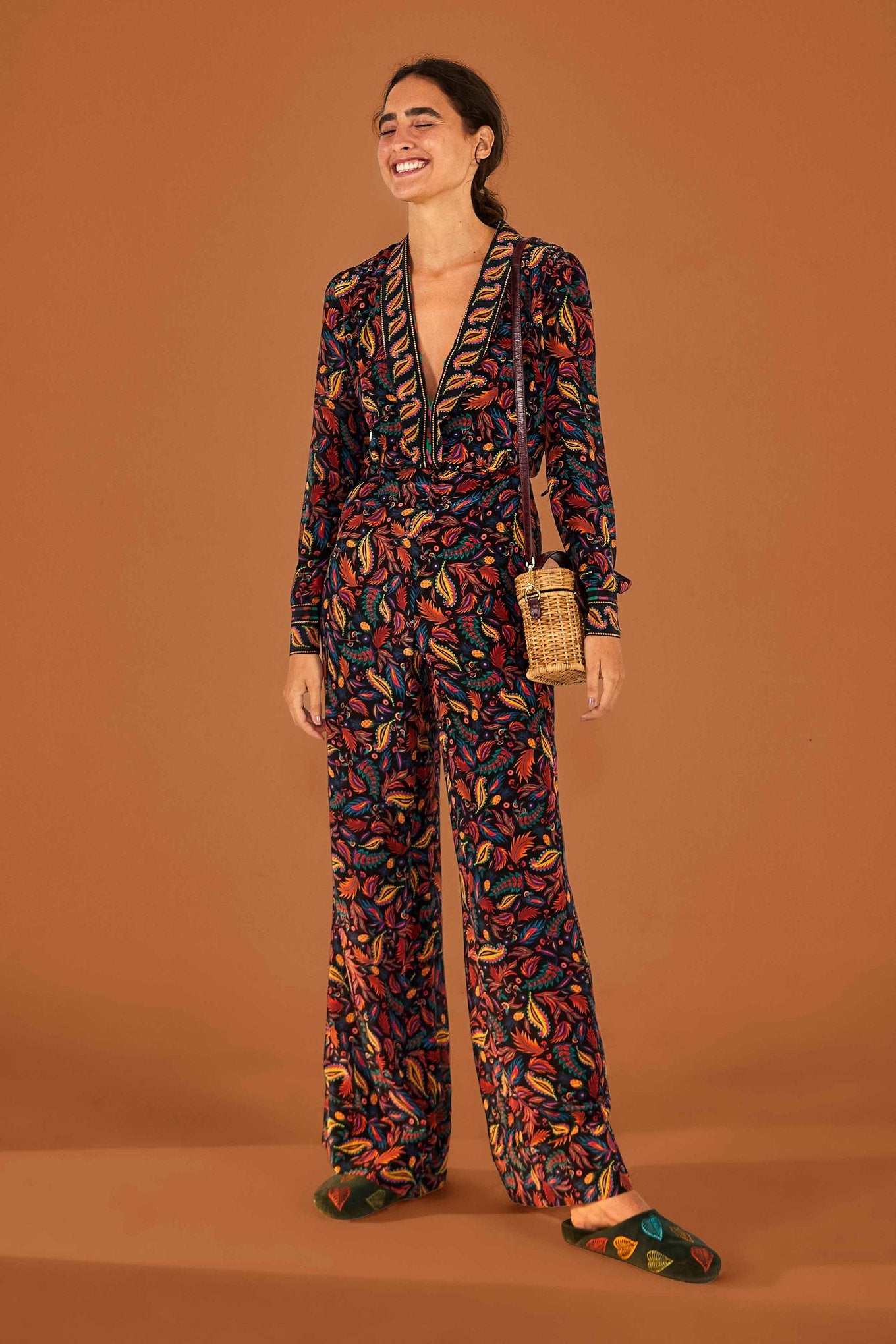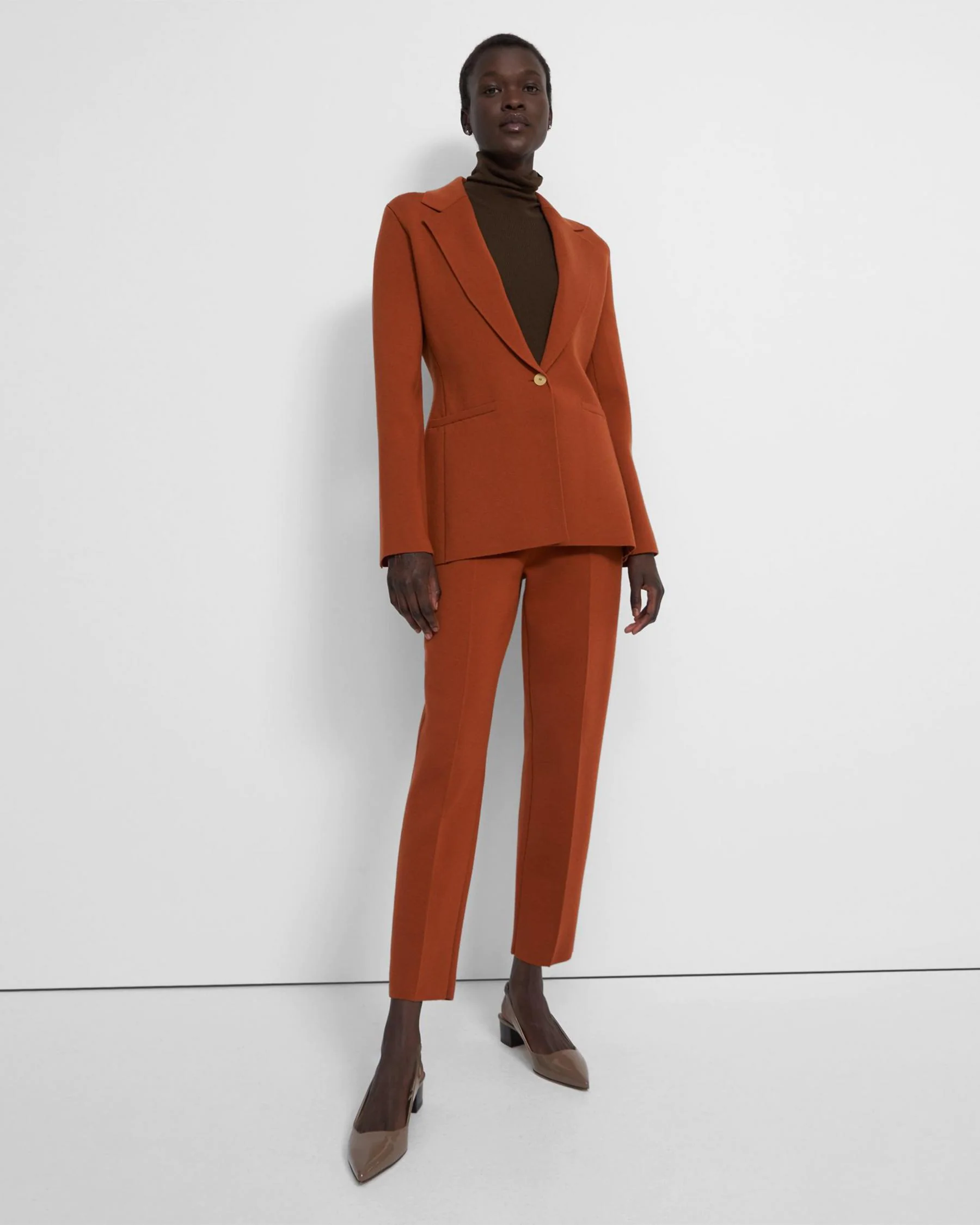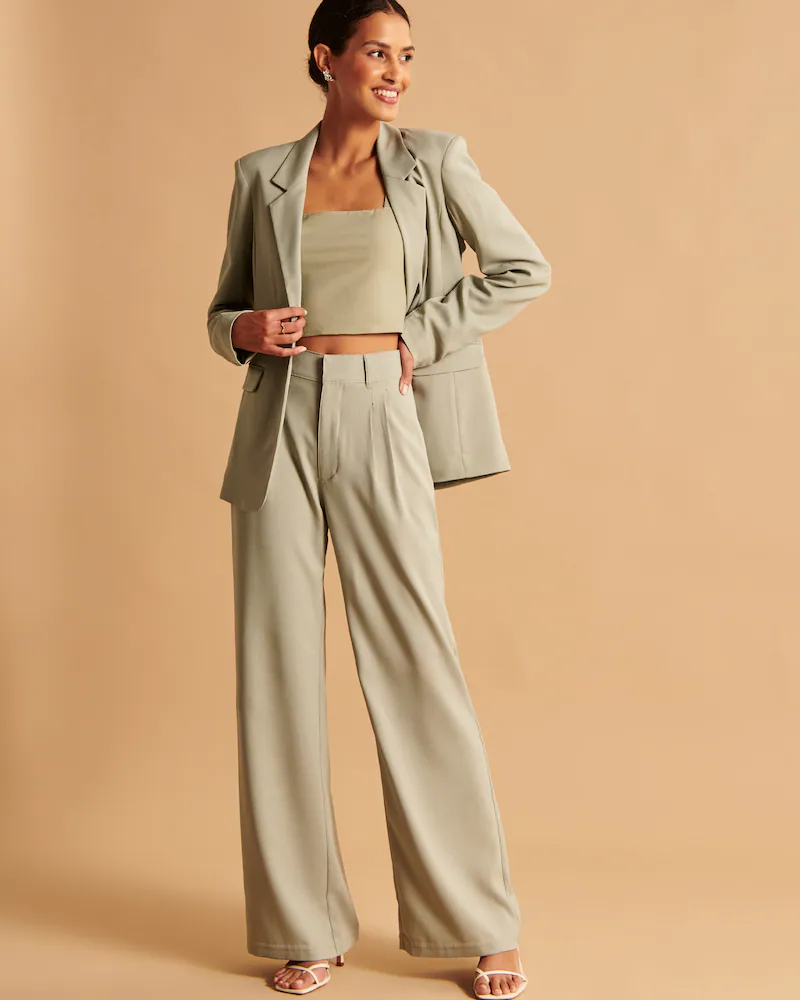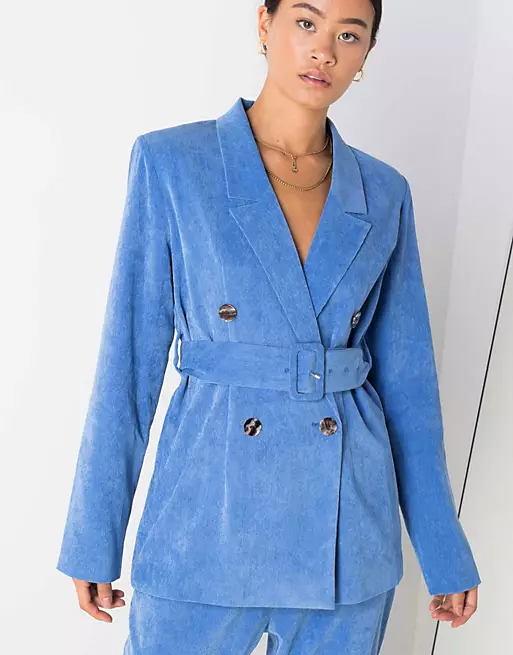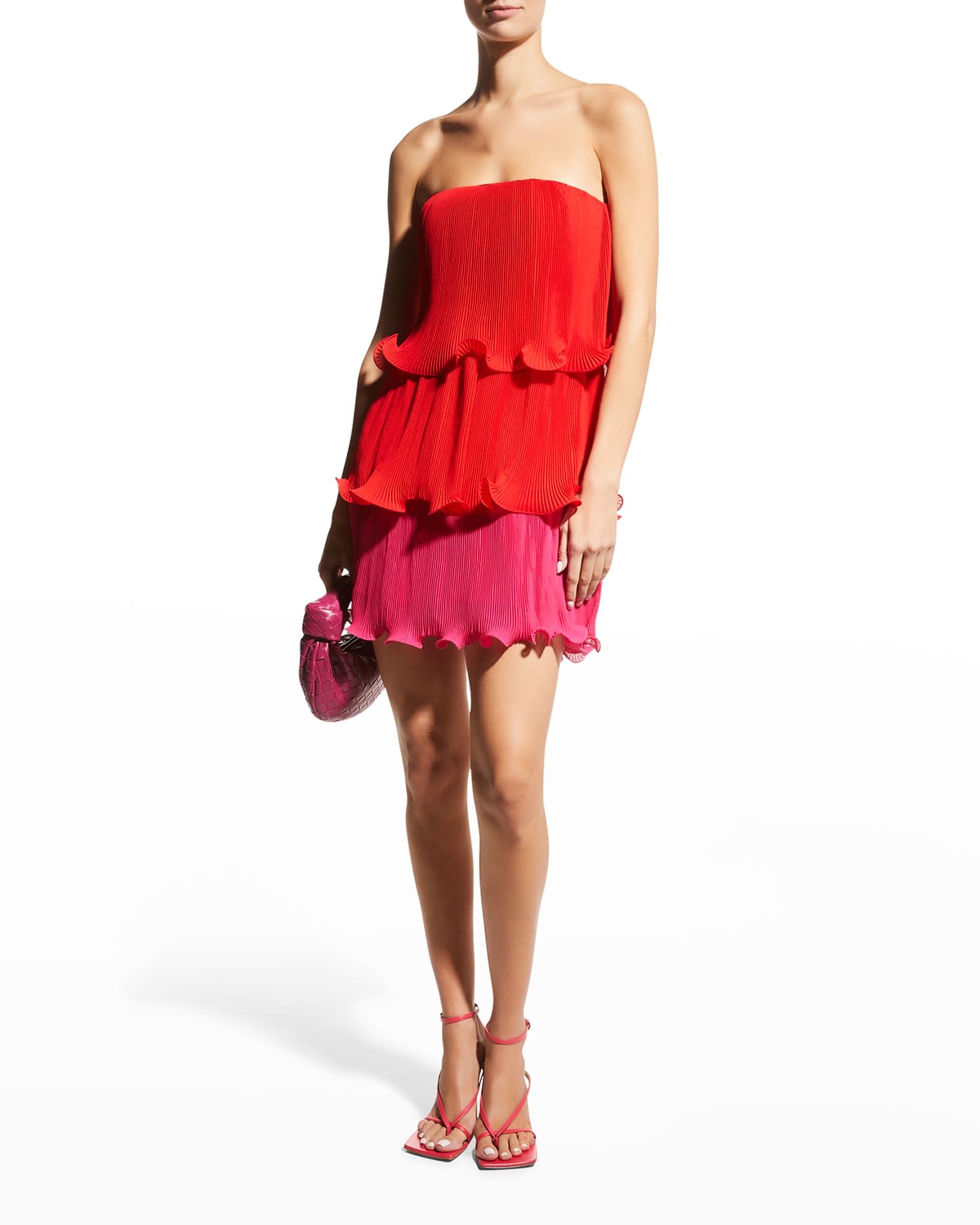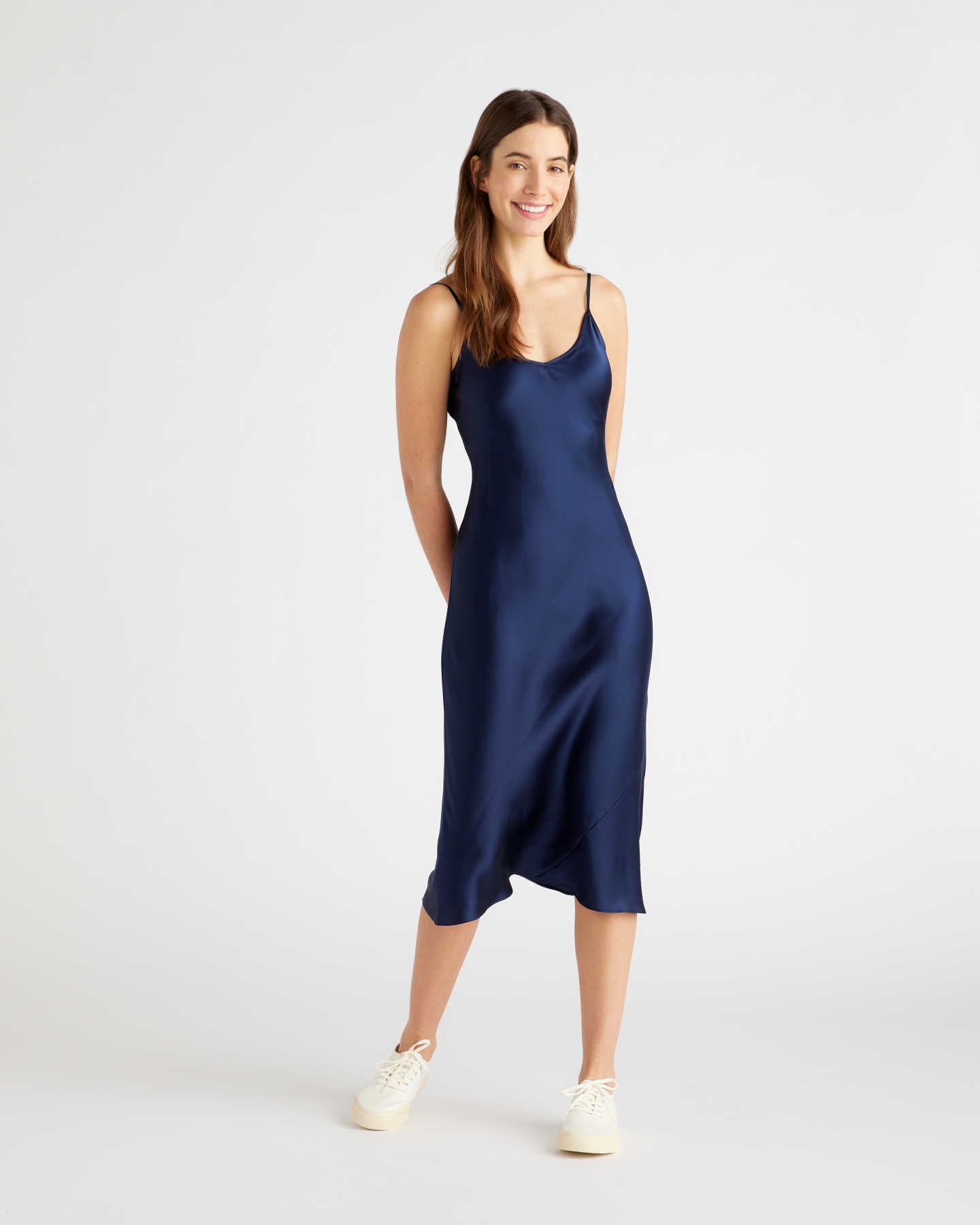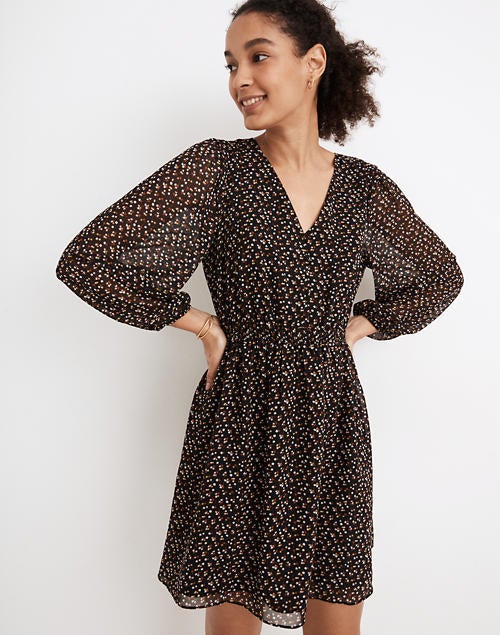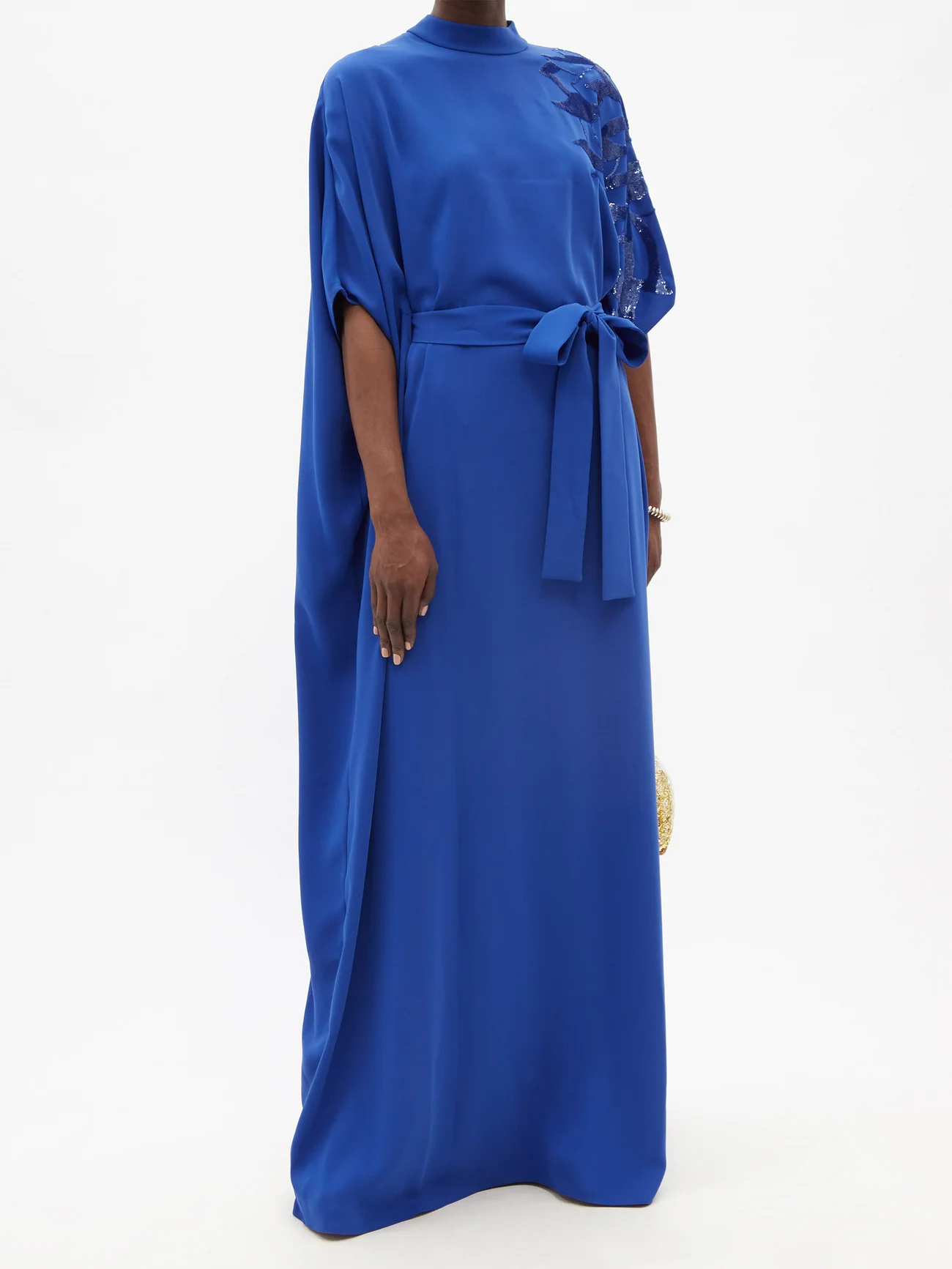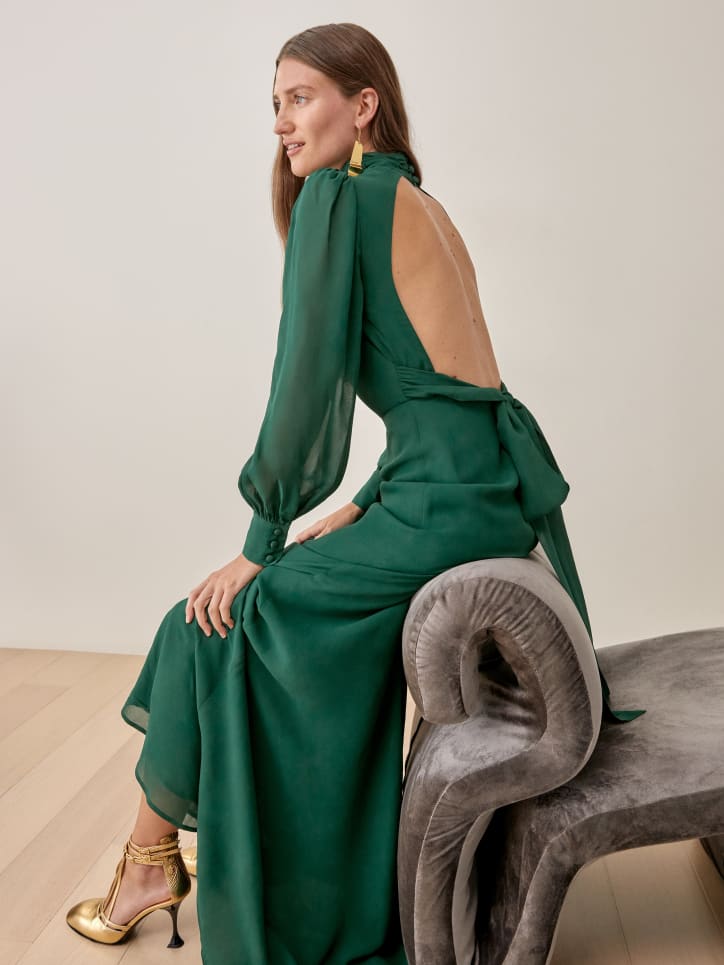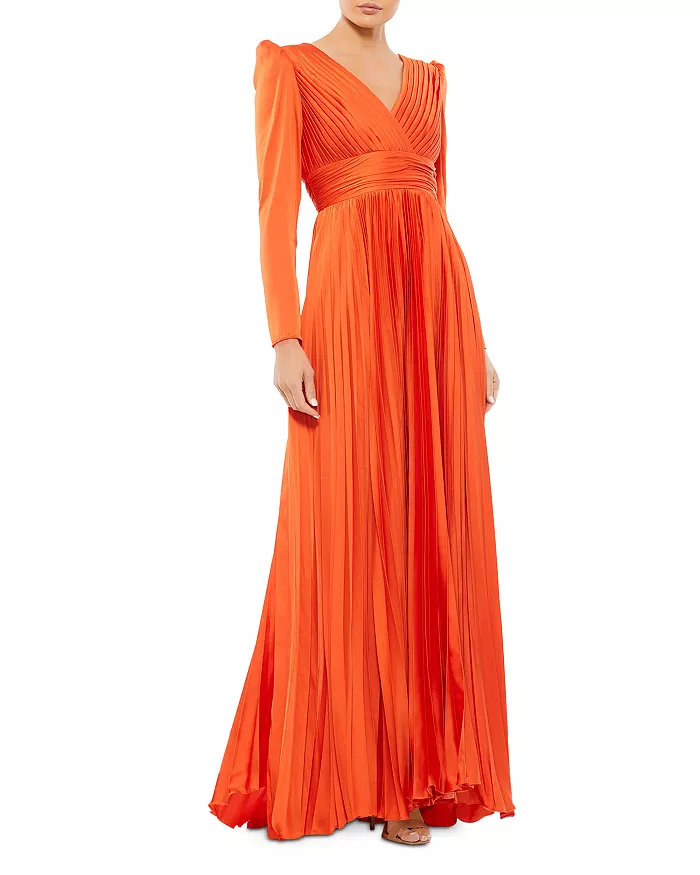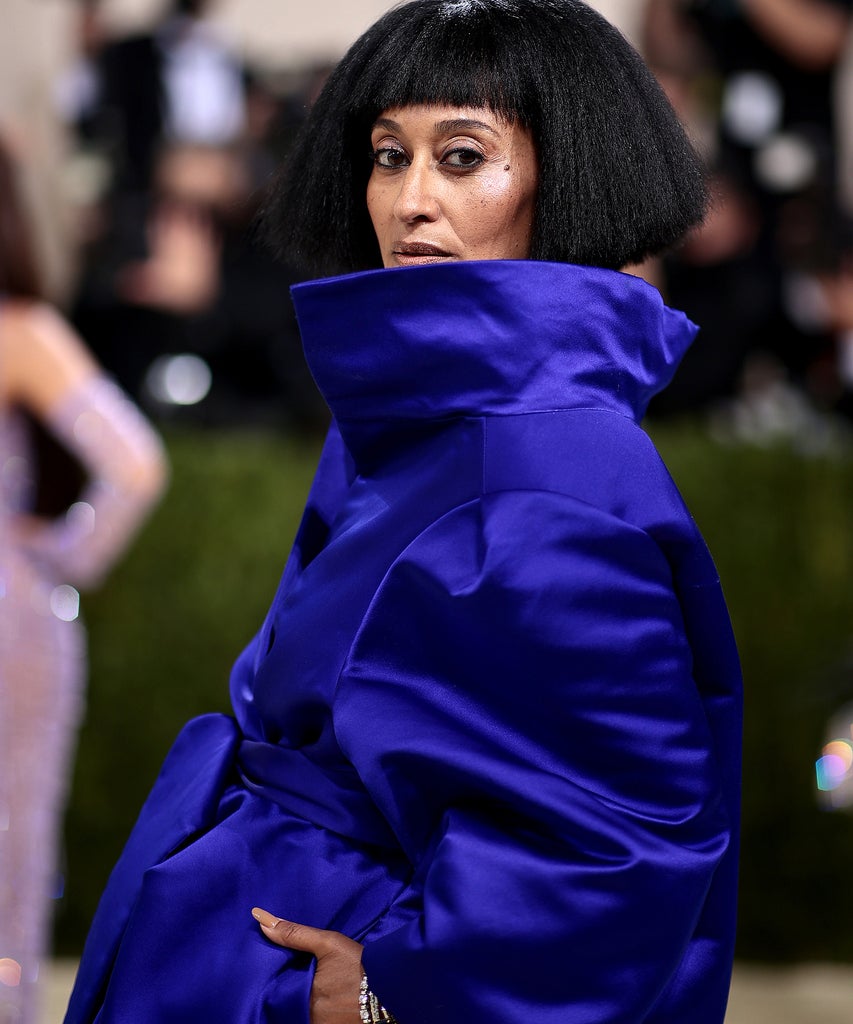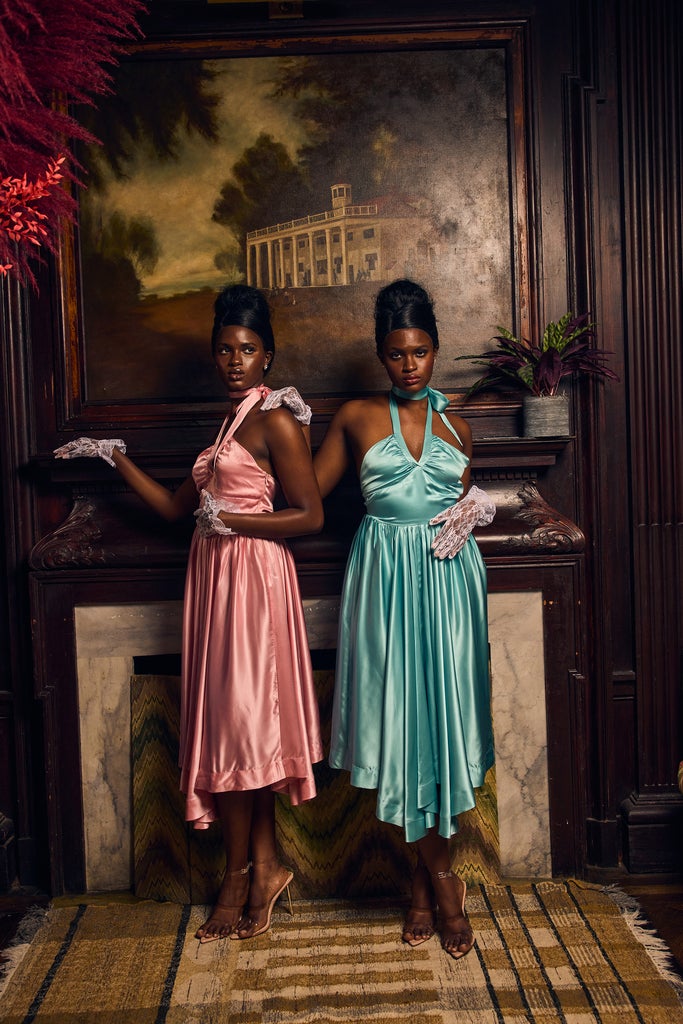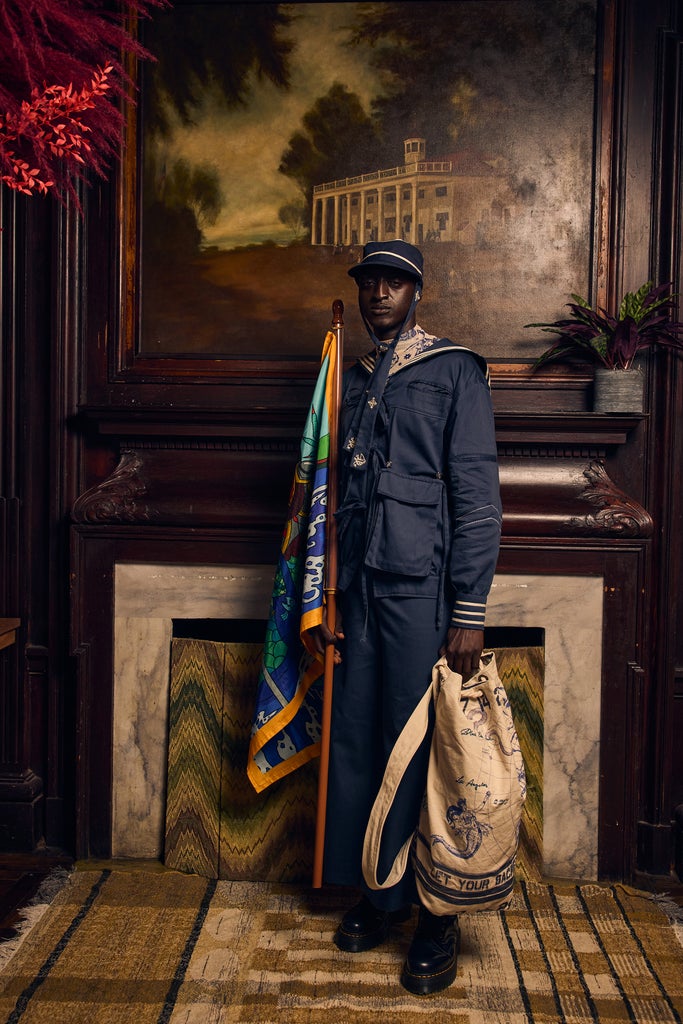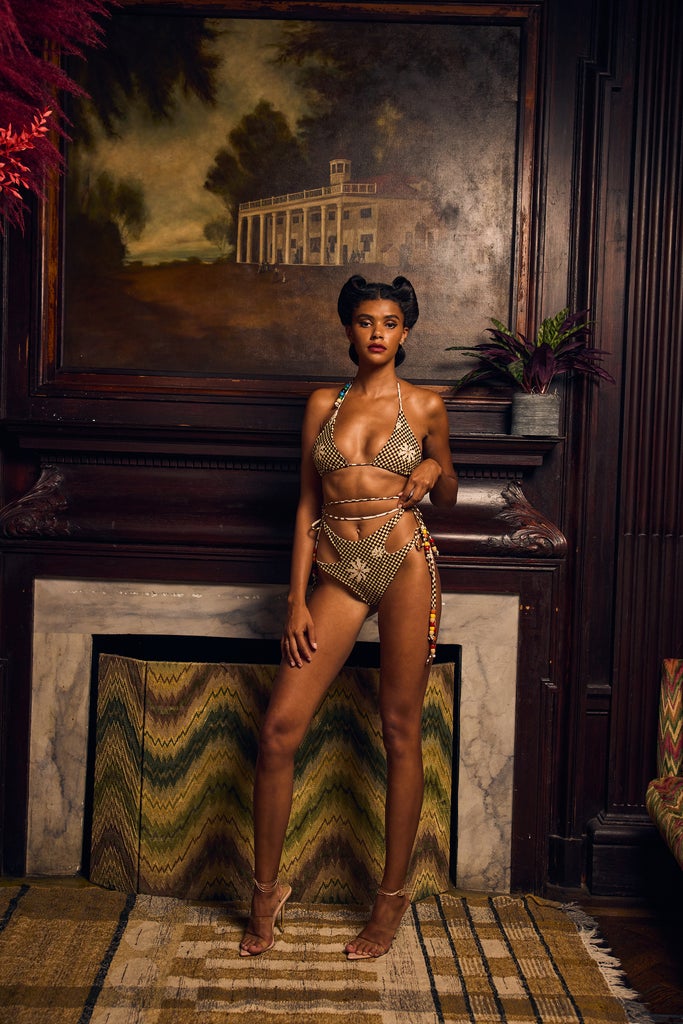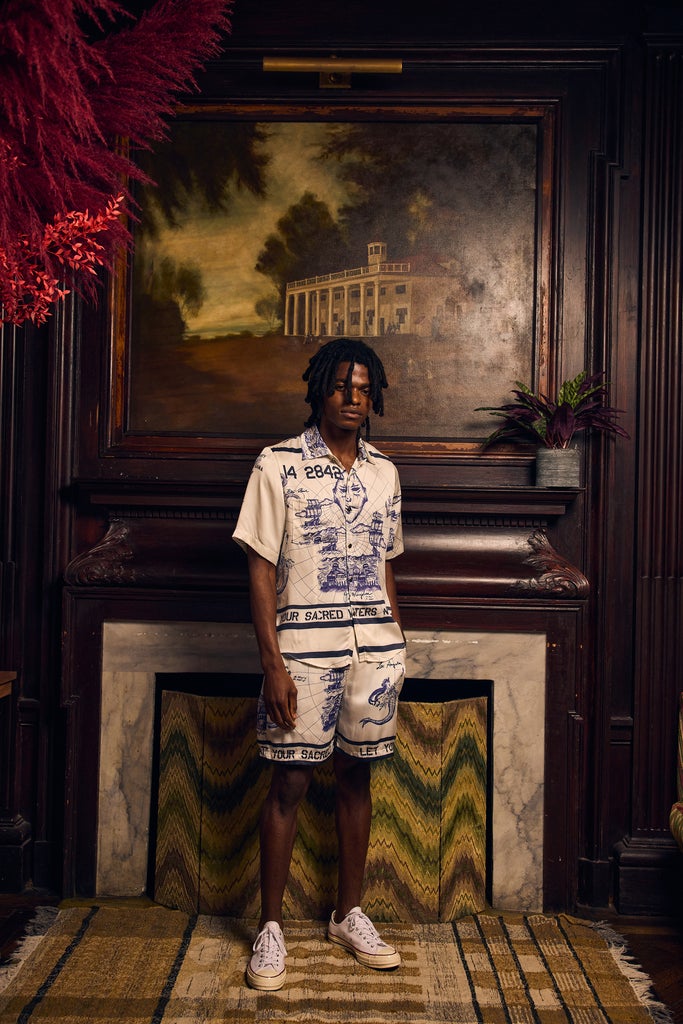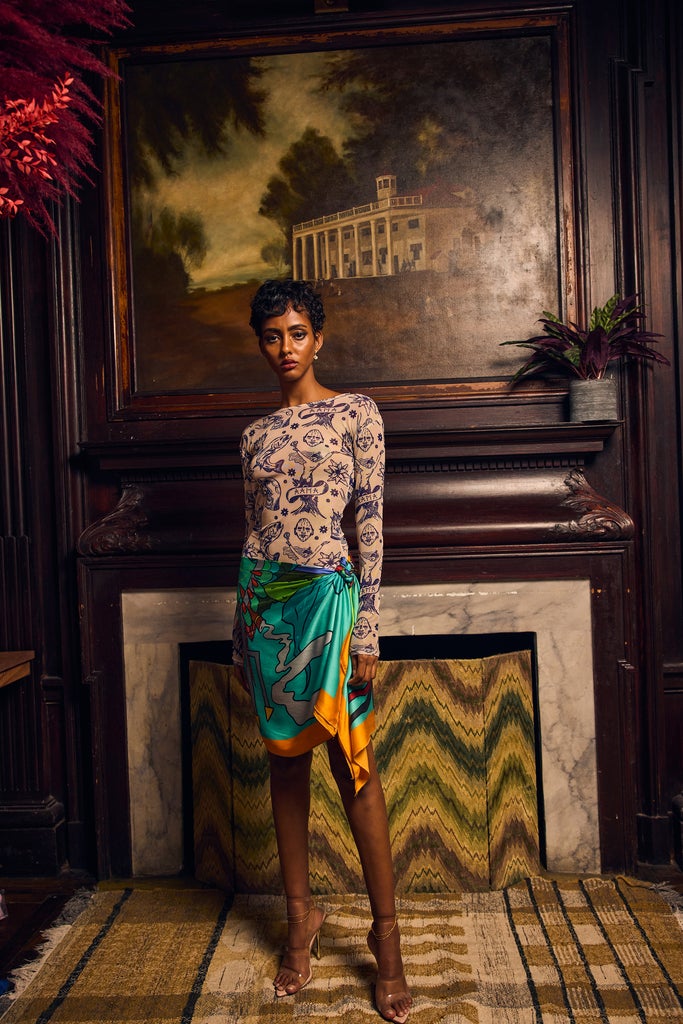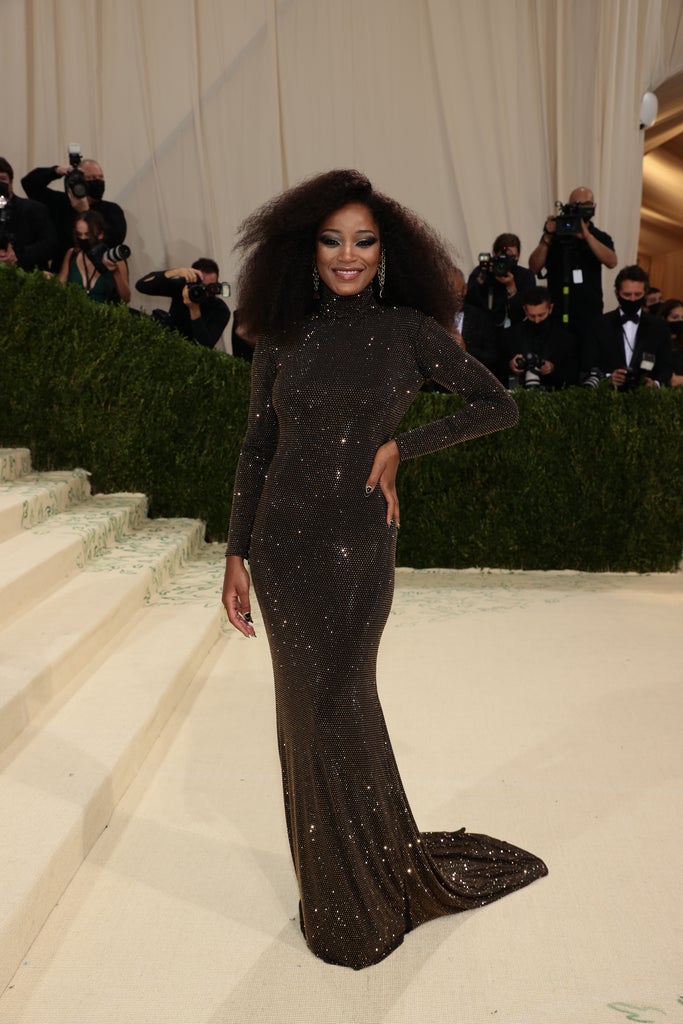
The Met Gala, fashion’s most anticipated and glamorous red carpet event, took place last night (Sept. 13) and there’s a lot to unpack. Usually held in May, the gala moved to New York Fashion Week this year due to COVID-19. Requiring vaccinations to attend, the Metropolitan Museum’s Costume Institute hoped to return to normalcy this year, focusing their two-part fashion exhibition on a range of American fashion. Yet, the execution of this year’s theme, “In America: A Lexicon of Fashion,” reminded us all of what ‘normal’ is to the gatekeepers of American fashion.
If the Costume Institute understood their own theme, Black designers would have flooded both the red carpet and this year’s exhibit. But there were only a handful of Black American designers highlighted (as well as many non-American designers like Dior, Chanel, and Versace). If we’re being honest, that’s not an accident. In order to attend the gala, designers pay at least $275,000 for their tables and invite celebrities — (whom Vogue EIC Anna Wintour personally approves — to wear their clothes directly This makes it harder for Black designers to even participate.
This also means many Black + POC designers may be overshadowed by these well established European houses and/or not have funding/resources to have presence on the carpet, tables at the gala etc like them — even if they are in the exhibition
— Shelby Ivey Christie (@bronze_bombSHEL) September 13, 2021
British NASCAR driver Lewis Hamilton took it upon himself to highlight emerging and established Black talent. While being interviewed on the red carpet by Vogue, Hamilton made it clear that he walked the walk and talked the talk. He told gala host and R29 Unbothered Creative Advisor Keke Palmer, “I’m really fortunate. Anna Wintour agreed to me hosting my table. I’ve brought four incredible, young, Black talented designers, and so we’ve got a great host of people tonight and it’s just about highlighting beauty and excellence and talent.” The designers he spoke of are Kenneth Nicholson, Edvin Thompson of Theophilio, and Jason Rembert of Aliétte. Those designers are American fashion.
In case you’re unaware of how the Met Gala works, most tables are bought by different brands and celebrities are invited as their “guests.” This is a simplified explanation but it works.
— top 99% (@mikelledstreet) September 14, 2021
As such it’s difficult to get young designers involved because they can’t afford a table.
Hamilton’s statement just showed how disappointing his peers were. If there was ever a time for celebrities who have been speaking out about diversity and inclusion for the past year to push back against the status quo and demand what designers they work with, the Met Gala would have been the perfect time. The time to truly represent and show up for Black culture in fashion was yesterday, and it was a flop. It was a disappointment yes, but also a missed opportunity to further shine a light on more of the designers. Designers like Claude Kameni, Kerby Jean-Raymond, and Telfar Clemens – who, incidentally, are also in the museum’s exhibition. Unfortunately, not everyone can travel in a pandemic to see the New York exhibit, so it would have been great to see these Black designers on the red carpet for the live broadcast.
Black cultural references were missing last night on the red carpet, and that was a major loss, since we know we show up and steer the conversation everywhere else in fashion – in our everyday lives and on the street, and then it’s mimicked back to us in magazines and runways. We play such a major role in what America’s sense of fashion actually is, from streetwear culture to flapper style and everything in between.
The time to truly represent and show up for Black culture in fashion was at the Met Gala, and it was a flop.
With the exception of Keke Palmer channeling Diana Ross, Natalia Bryant’s ode to the 60s, and Rihanna’s nod to the Roaring 20s and 90s with her headpiece and beanie,(although we expected something more) the biggest confusion is that many of the looks didn’t seem to reference a decade or time period in American fashion.
It would have been great to truly see the 70s disco bell bottoms, 80s acid washed denim or shoulder pads, and even an ode to the late 90s/early 2000s, specifically hip-hop of some sort.That could have been the perfect opportunity to highlight streetwear legends Misa Hylton and April Walker. Alongside Dapper Dan and Aurora James of Brother Vellies and the 15 Percent Project, we would have loved to see a plethora of Black women designers, ready to get their picture taken by the hundreds of cameras along the carpet. Women like Carly Cushnie who founded American fashion house Cushnie, whose sleek styles and silhouettes could have really served up a moment on the carpet. The fashion girls would have lived to see Anifa Mvuemba of Hanifa create a sophisticated custom design for this year’s theme, or to see Fe Noel’s stunning prints and Tracy Reese’s take on the theme with her retro inspired taste. The material was right there and yet, once again, it was overlooked.
Black people are the culture and style that remain on fashion moodboards and while we enjoyed the few celebrations of our icons, this year’s Met Gala did not give the full story on American fashion. Even though we are included in the exhibition, if the powers that be within the fashion industry really wanted to make a statement, a little more effort should have gone into making sure Black American designers were included in every facet of the event. It’s clear that a new perspective and fresh eyes when it comes to decision making are definitely needed at the Met Gala. This year’s mess is just another reason why Black people need to be in the room in positions of power, not begging for a seat at a 275,000 table. Then again, overlooking deserving Black talent is as American as it gets.
Like what you see? How about some more R29 goodness, right here?
So, How American Was The American Met Gala?

